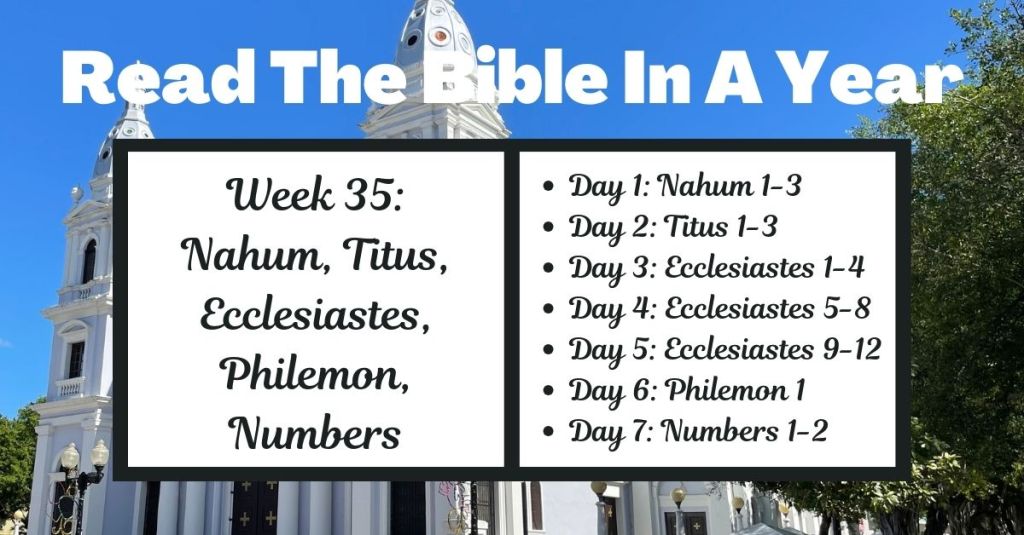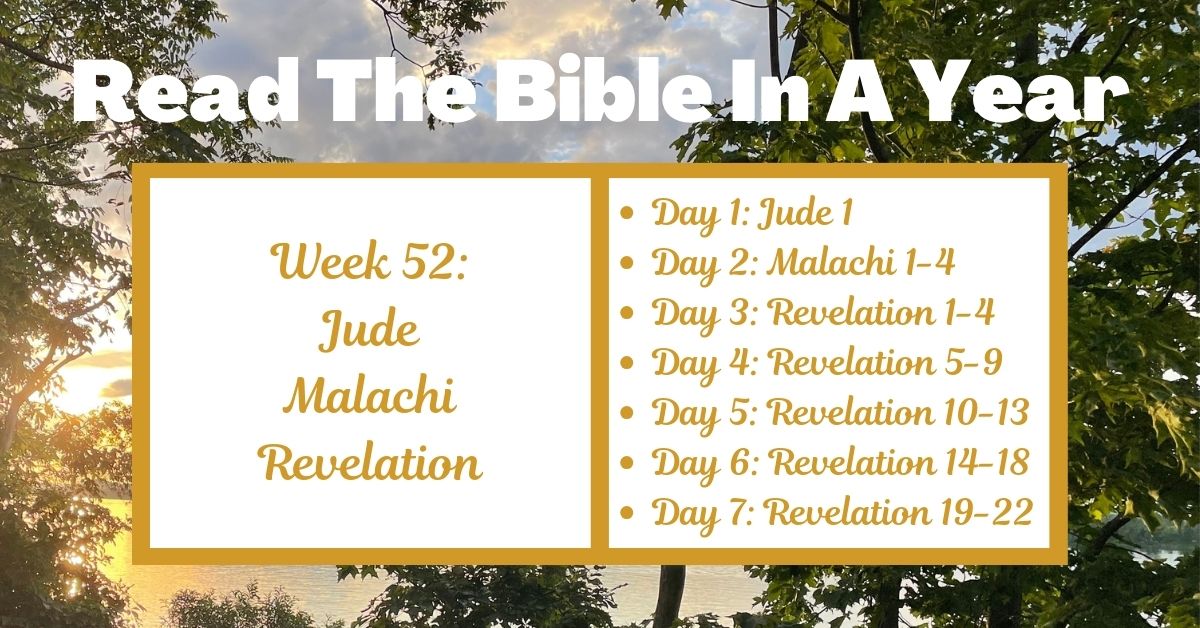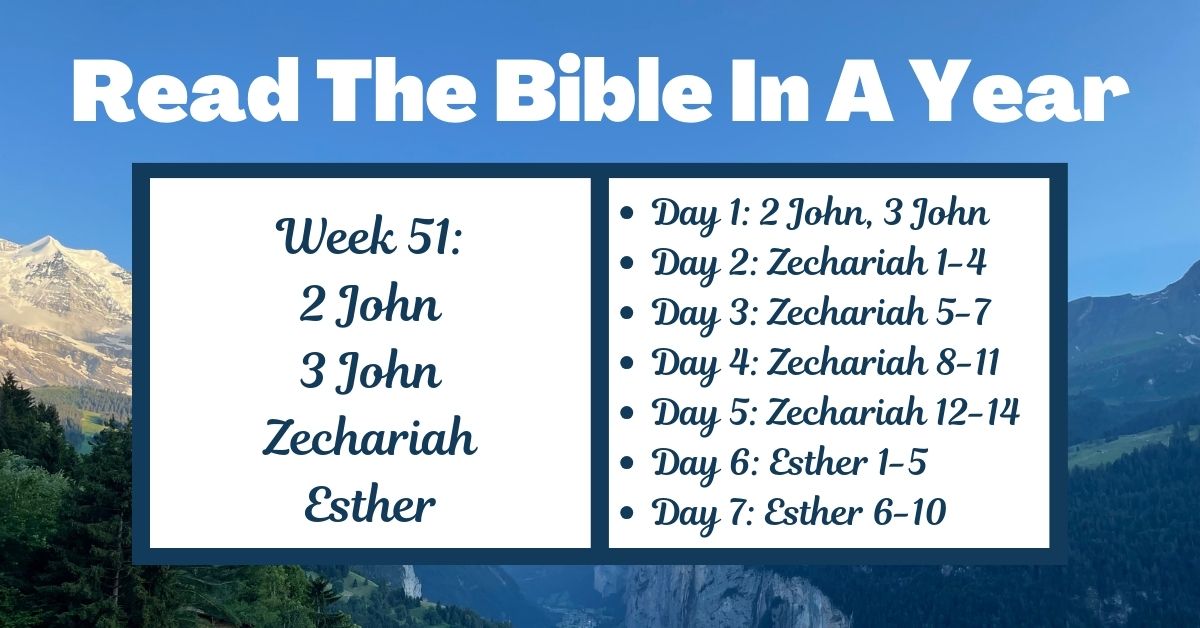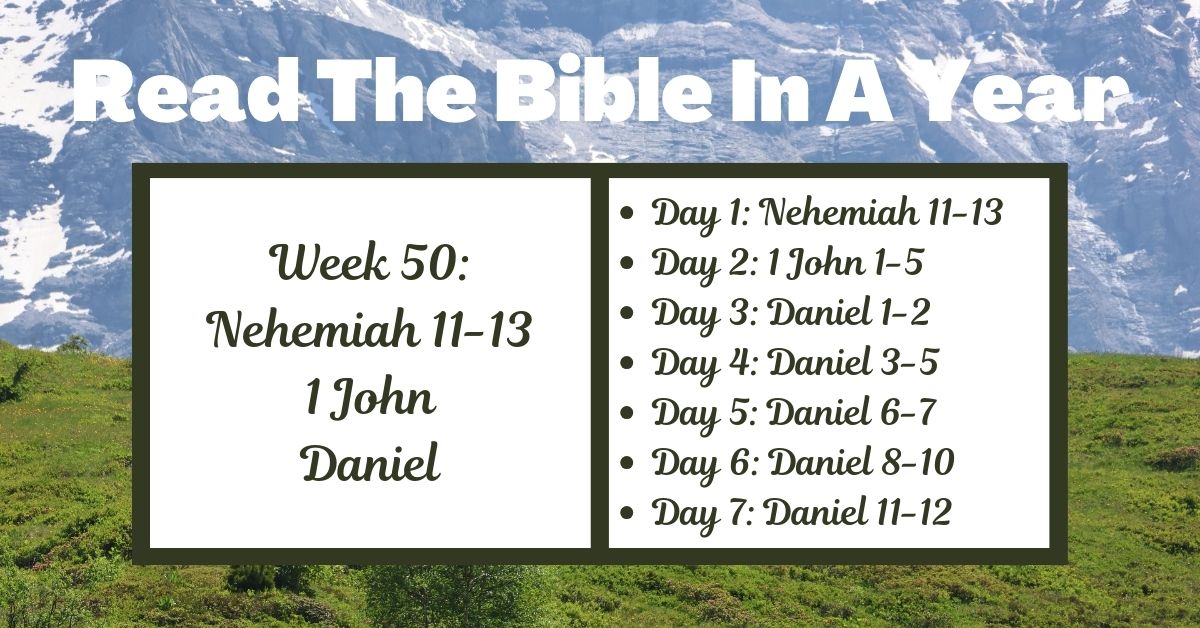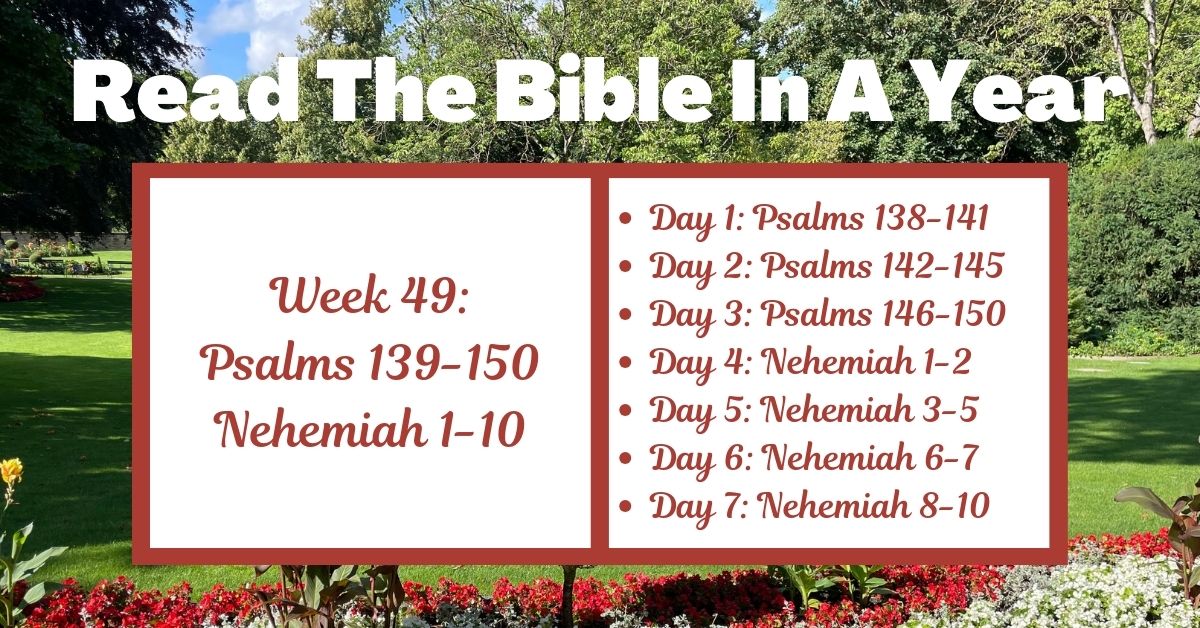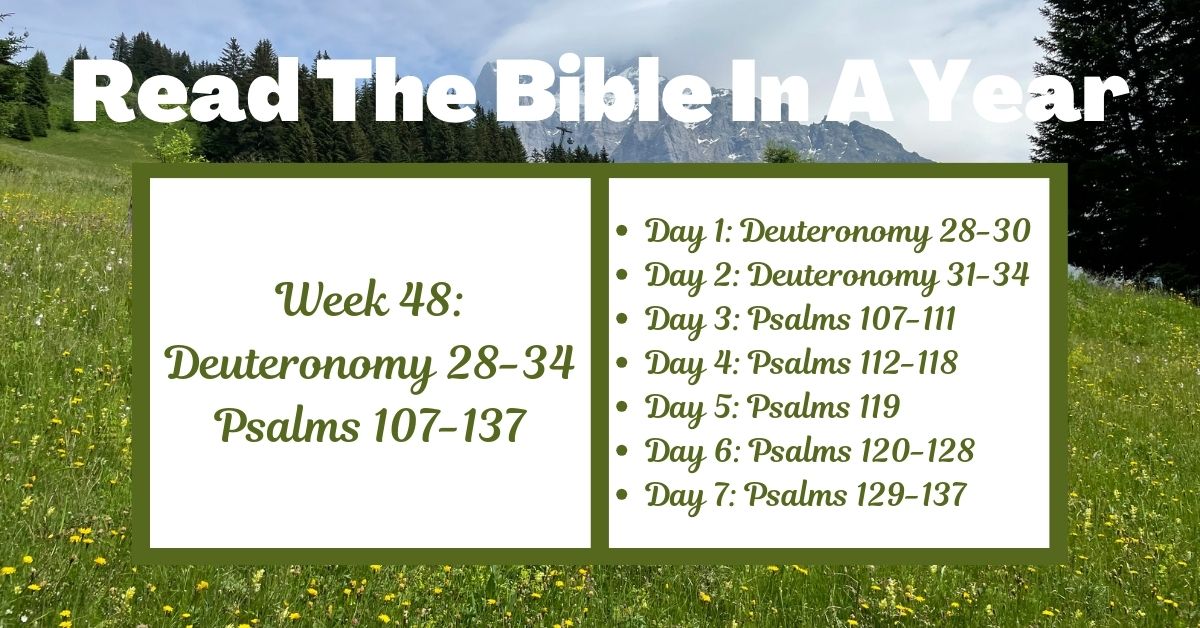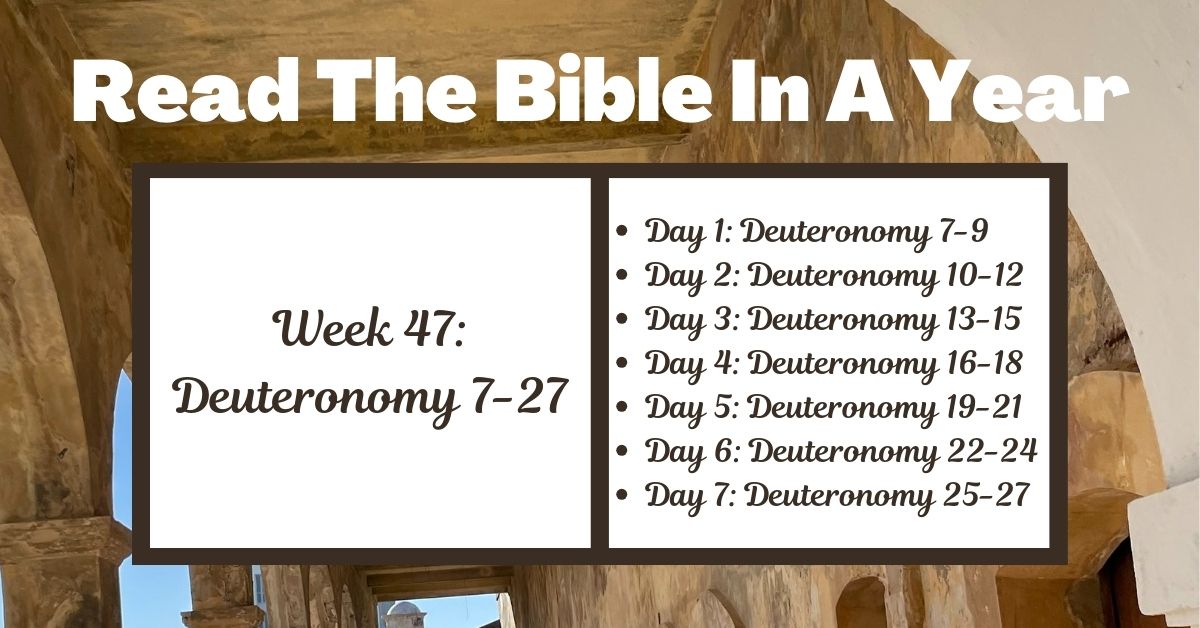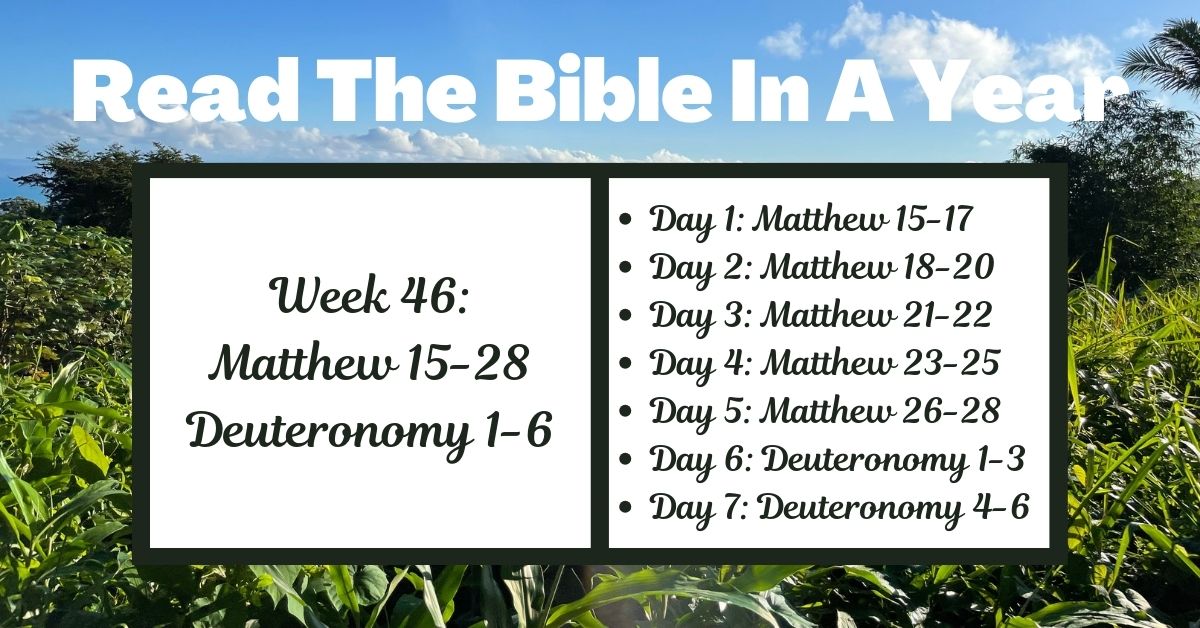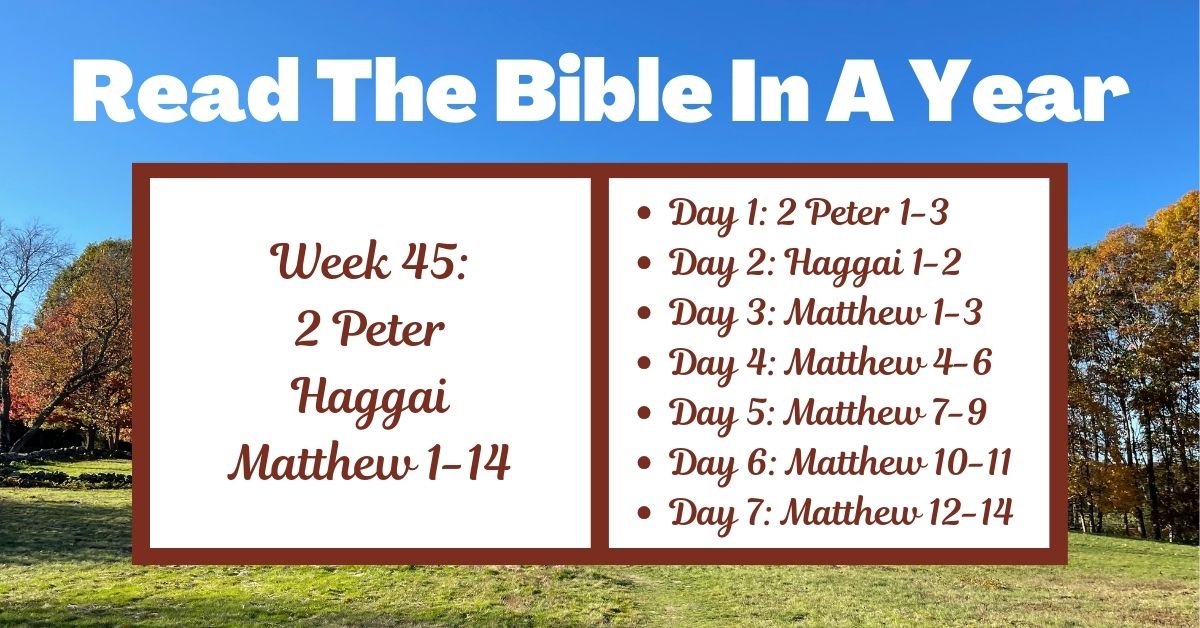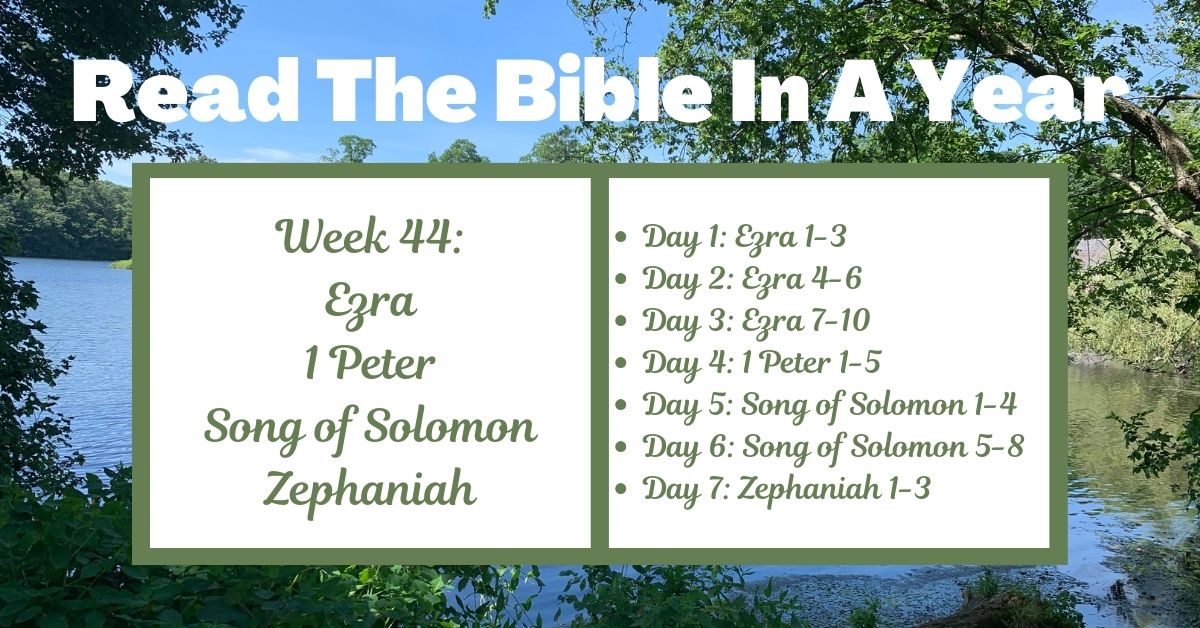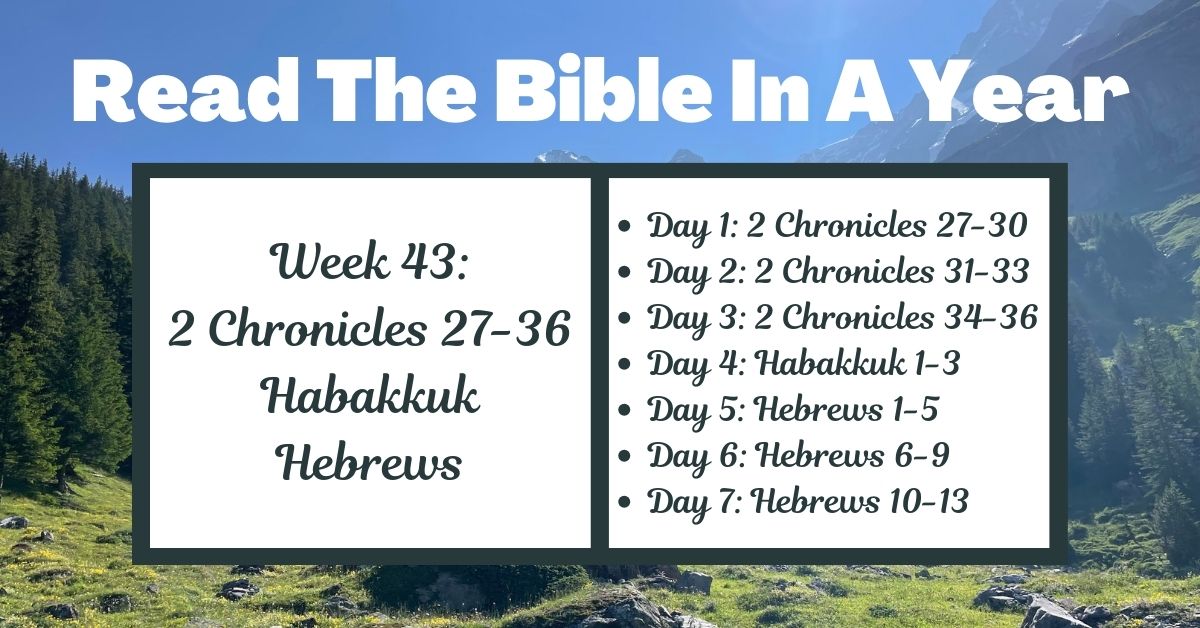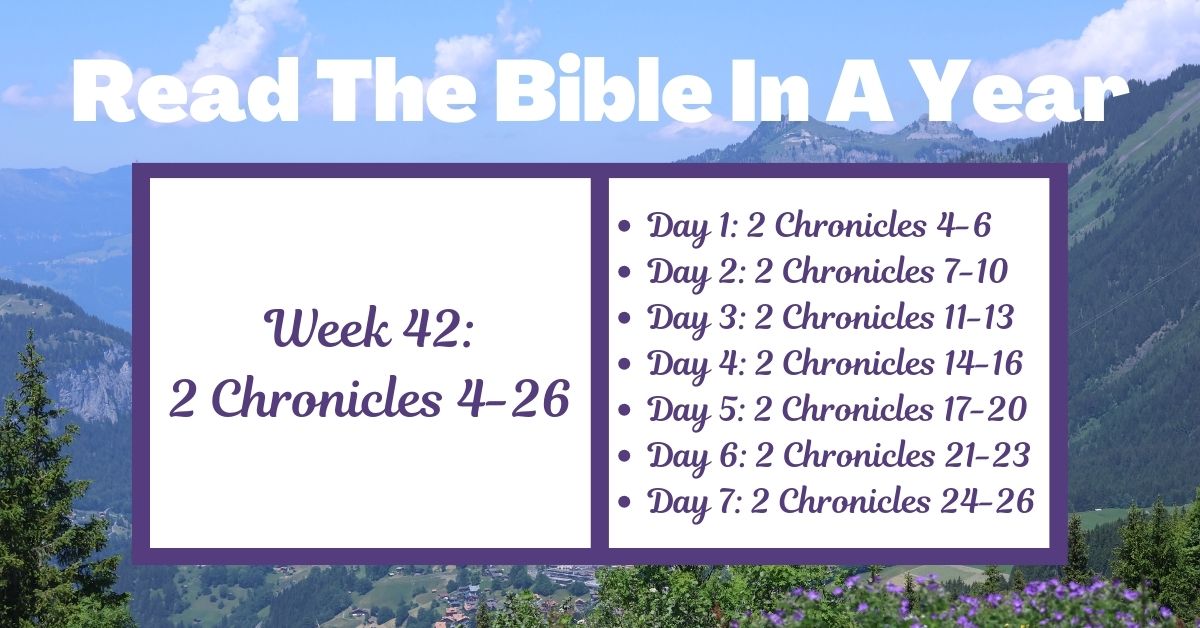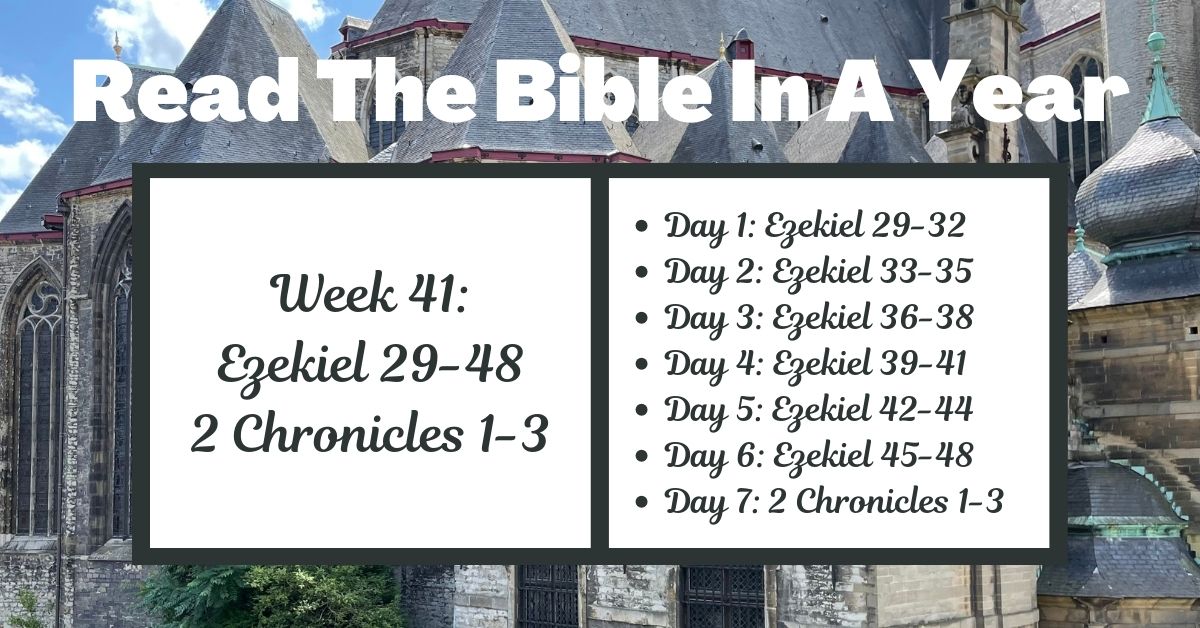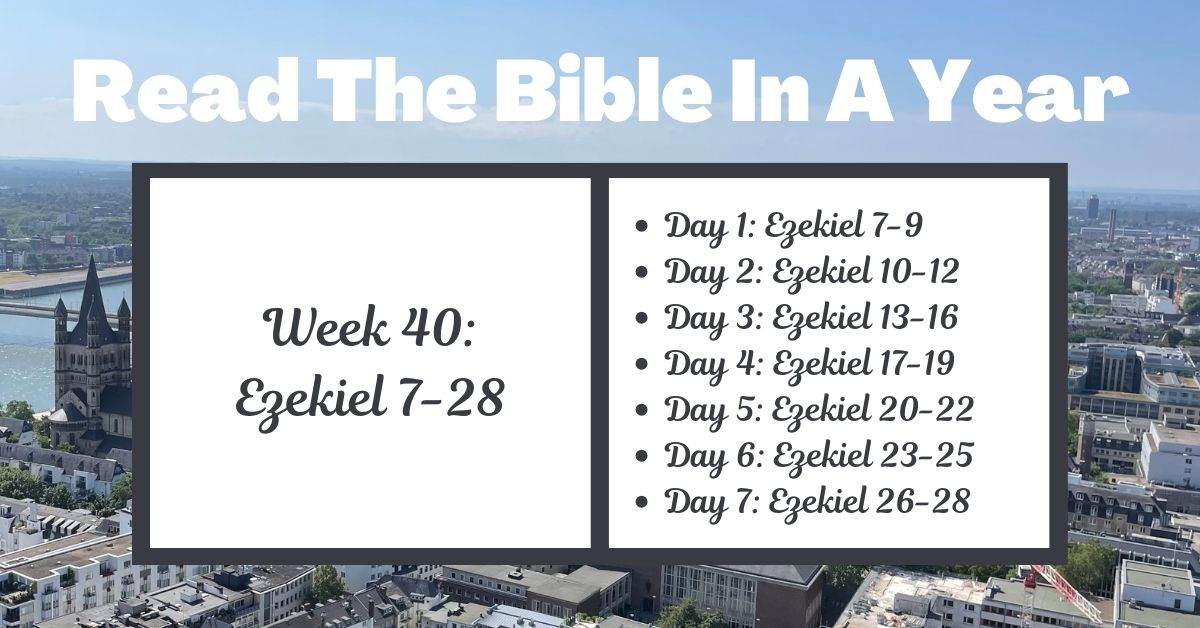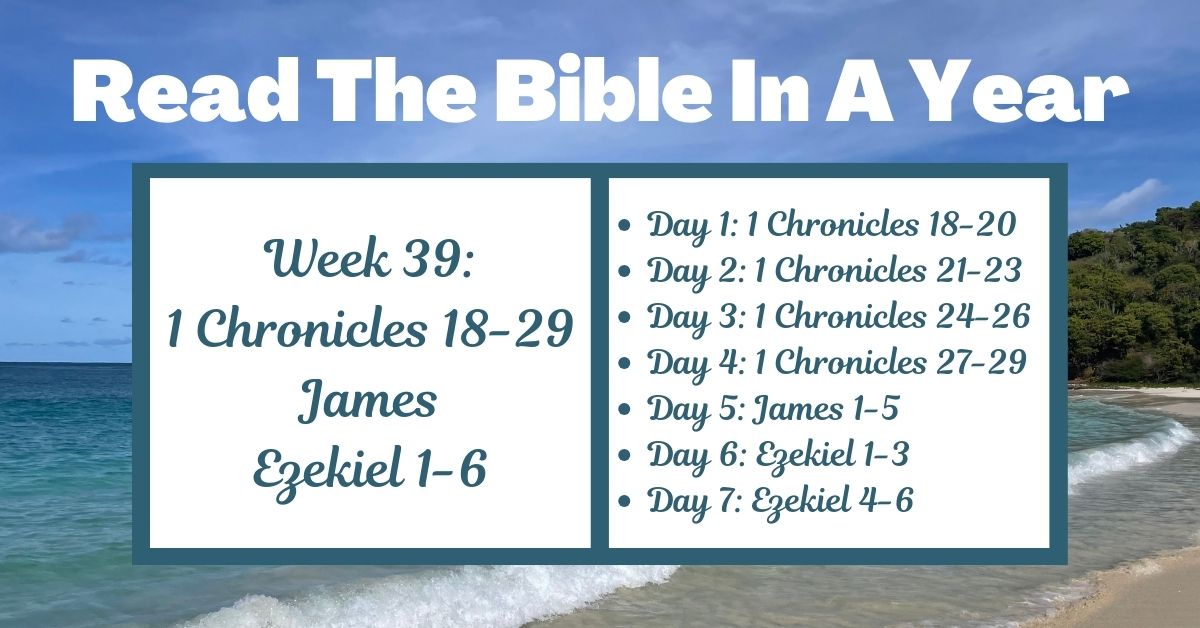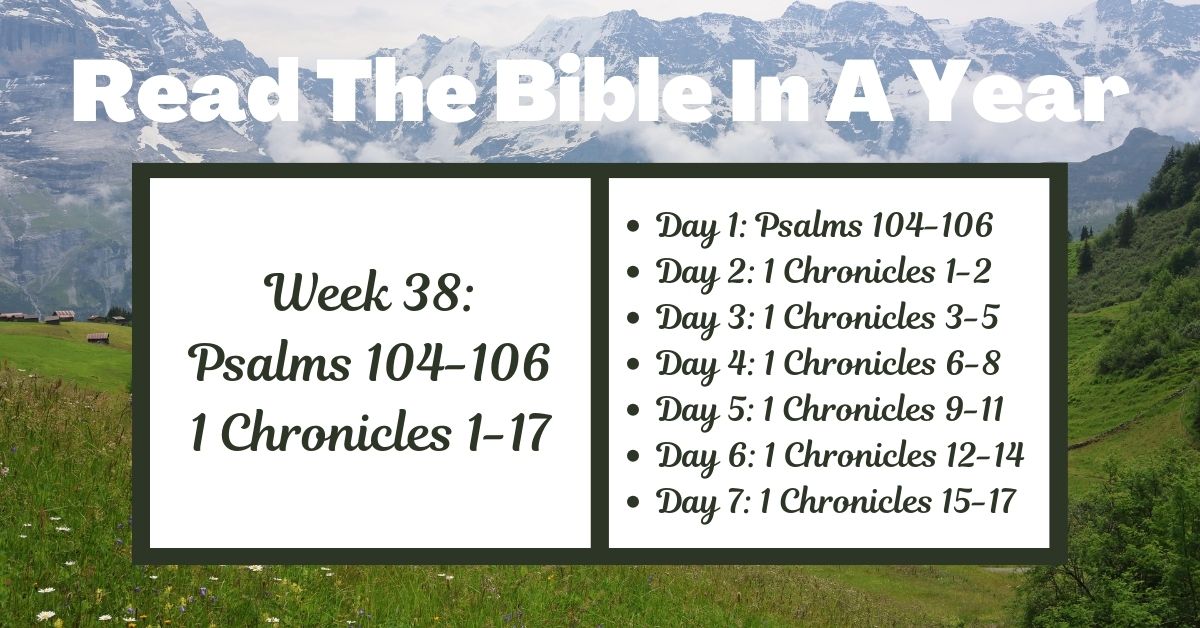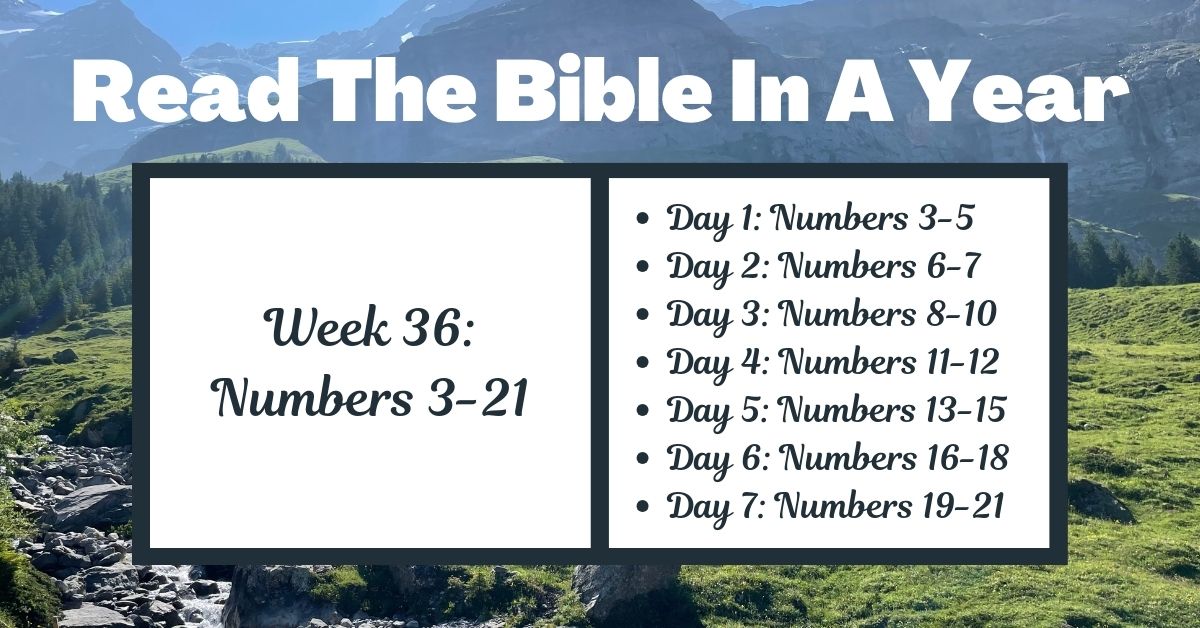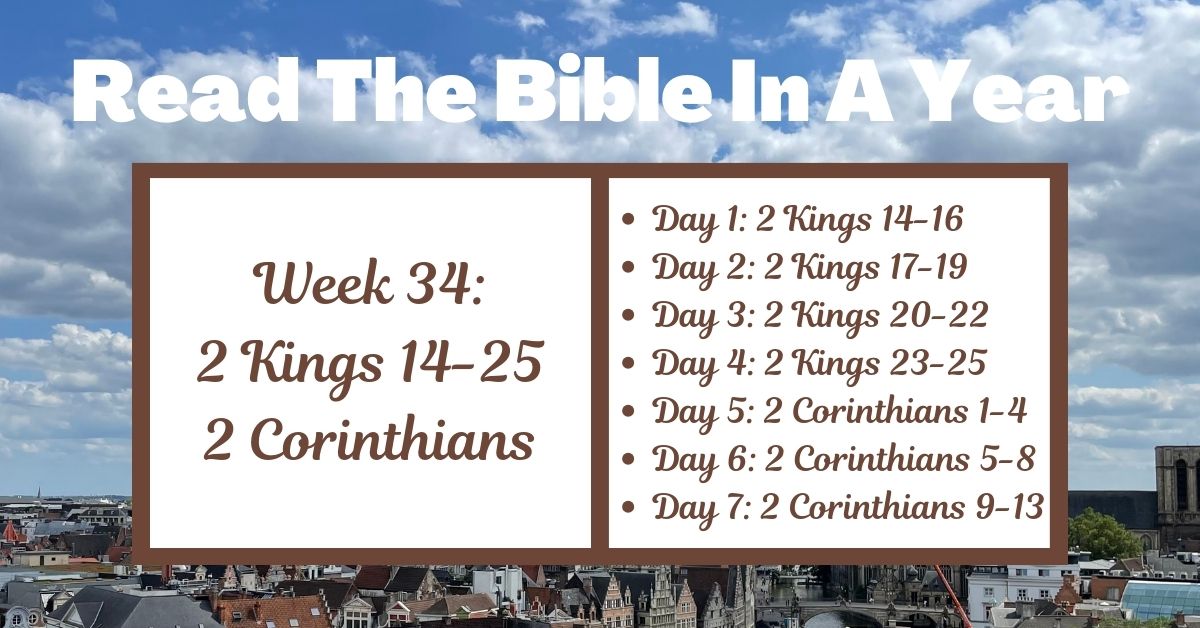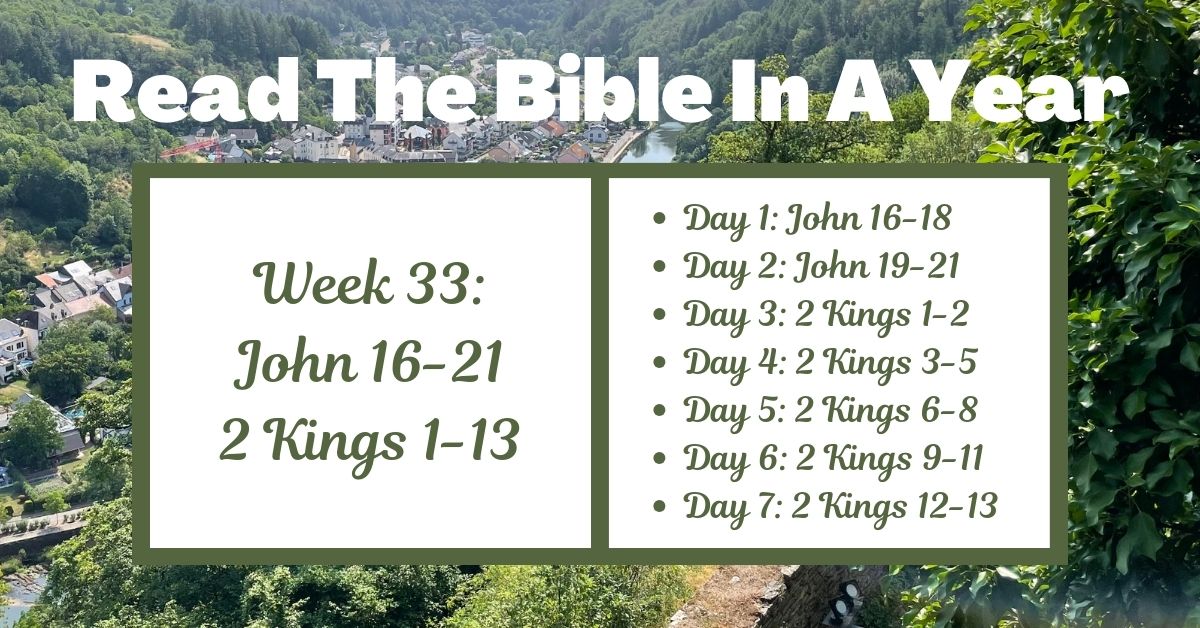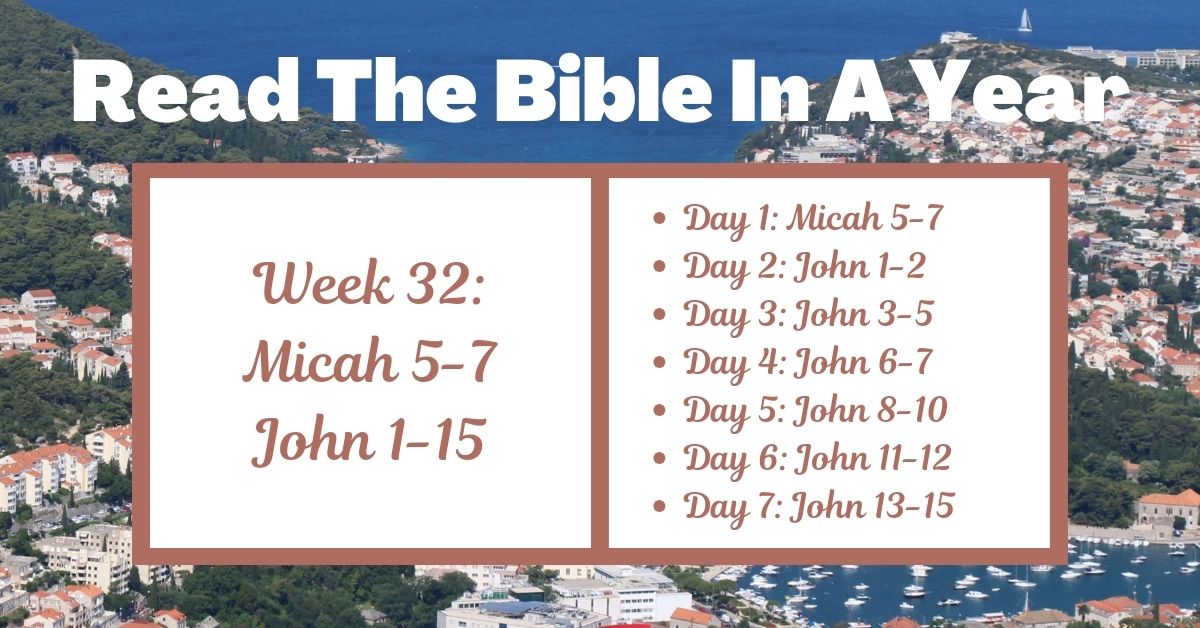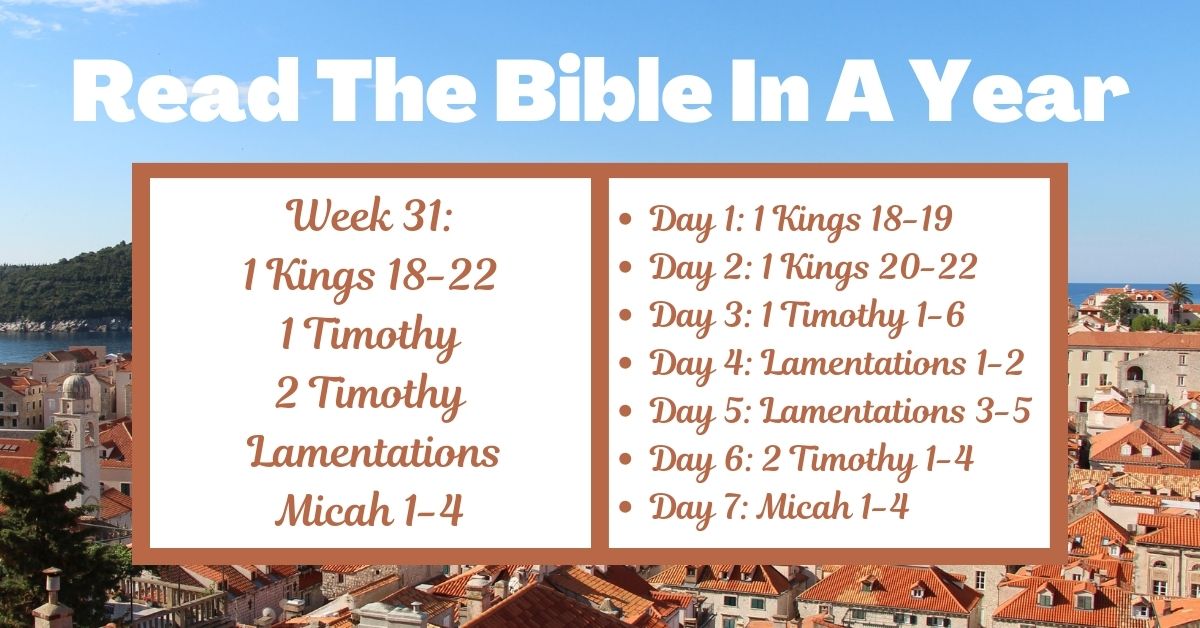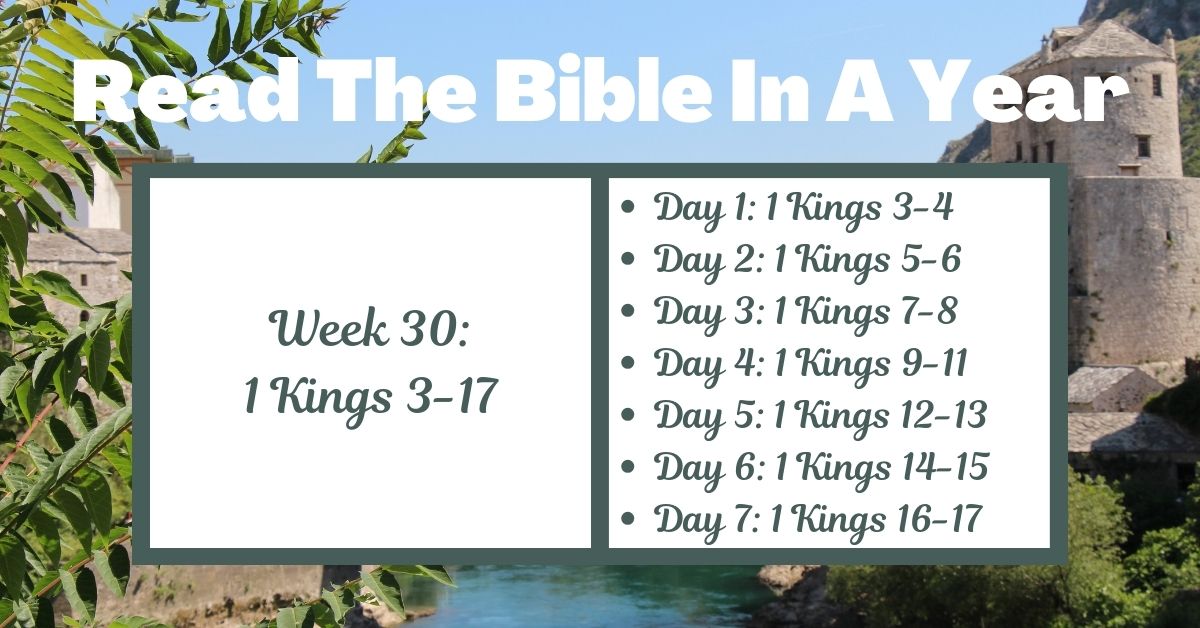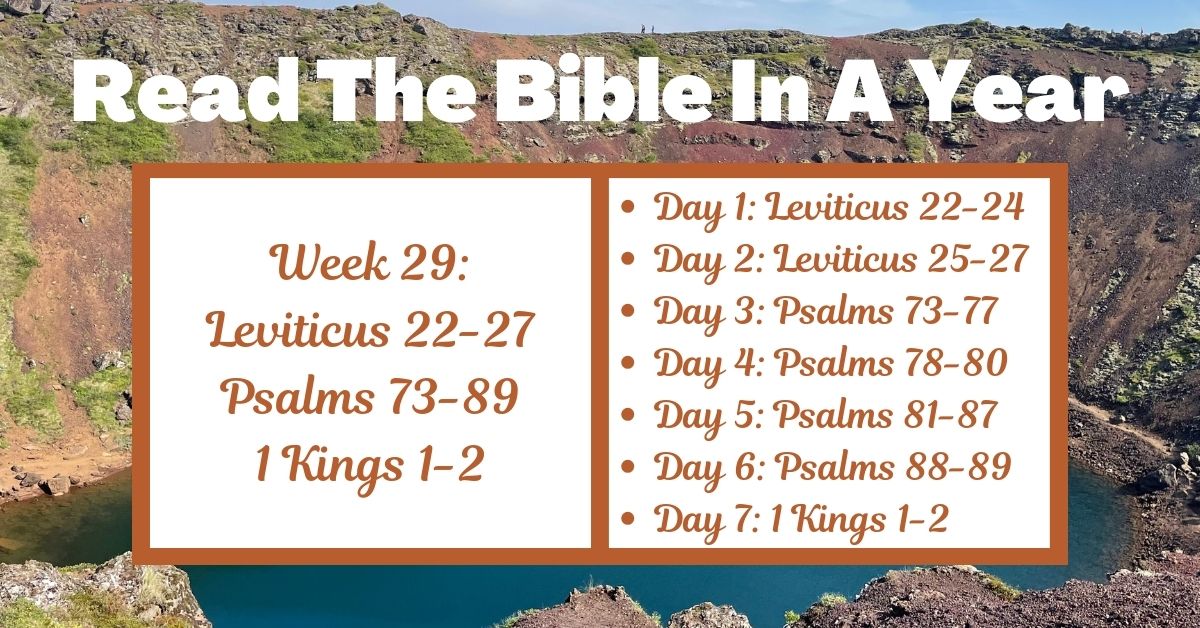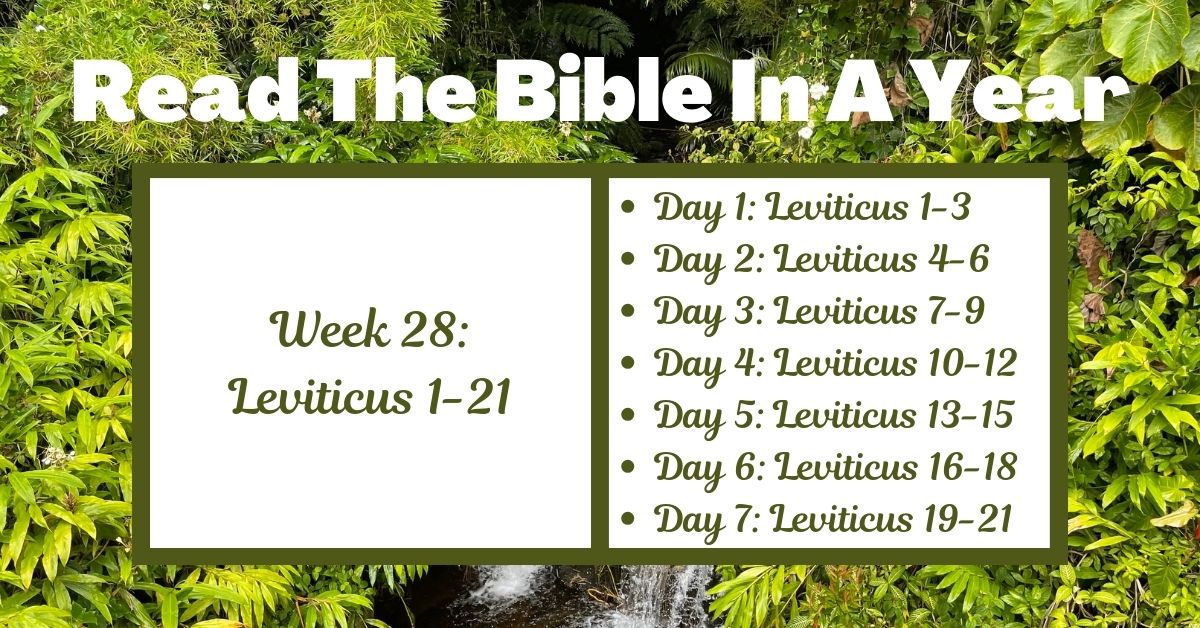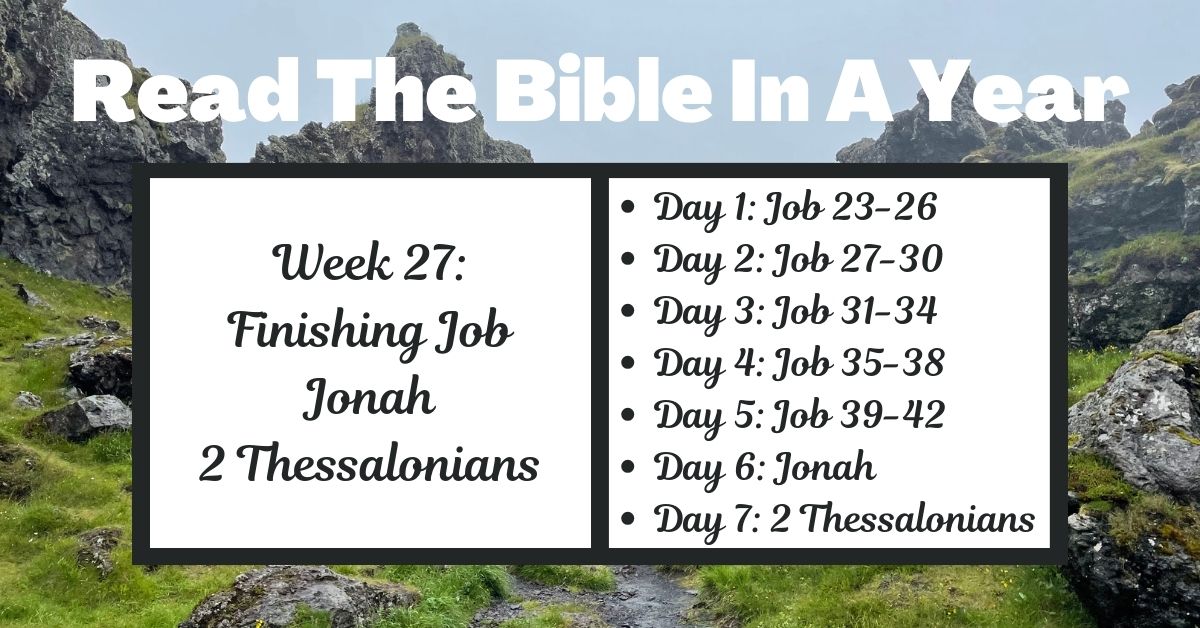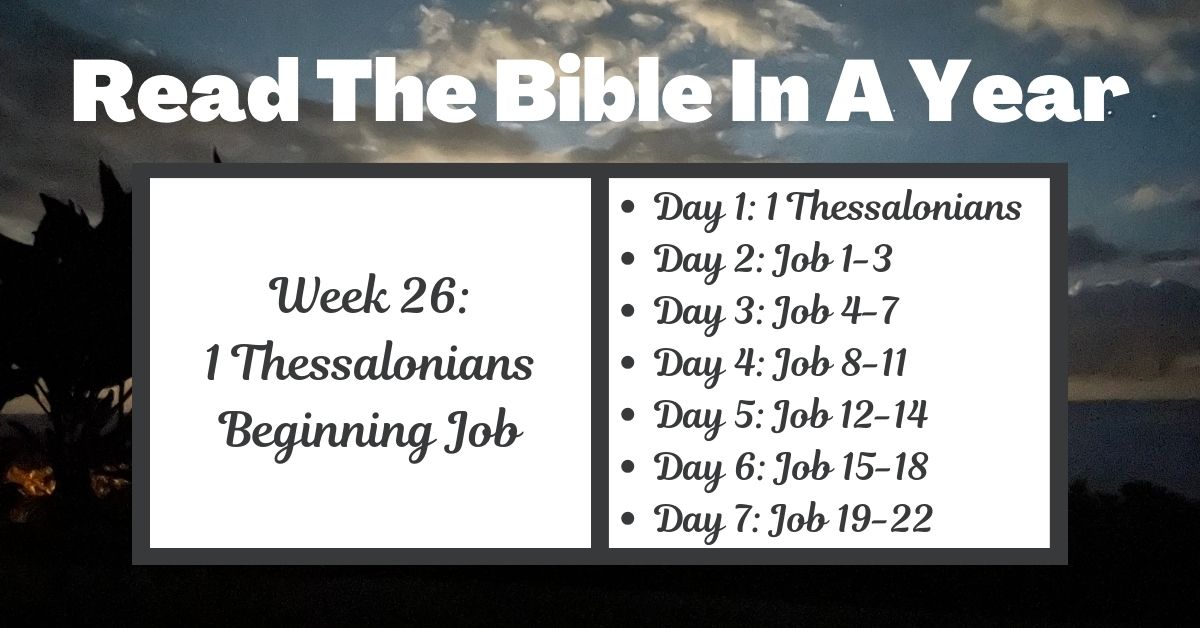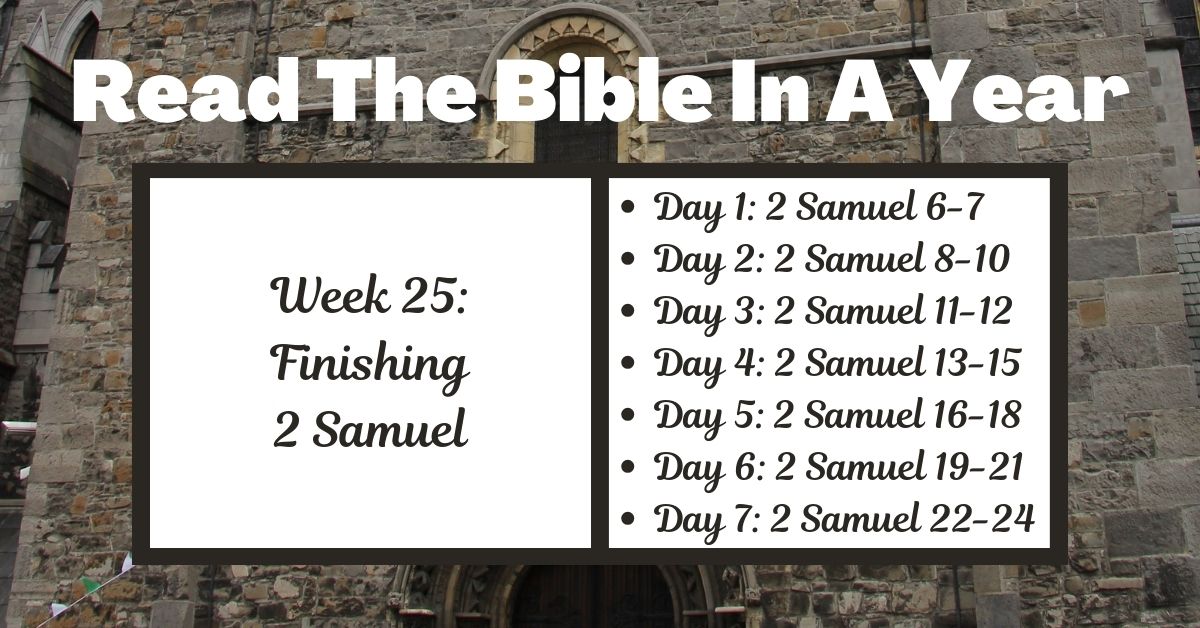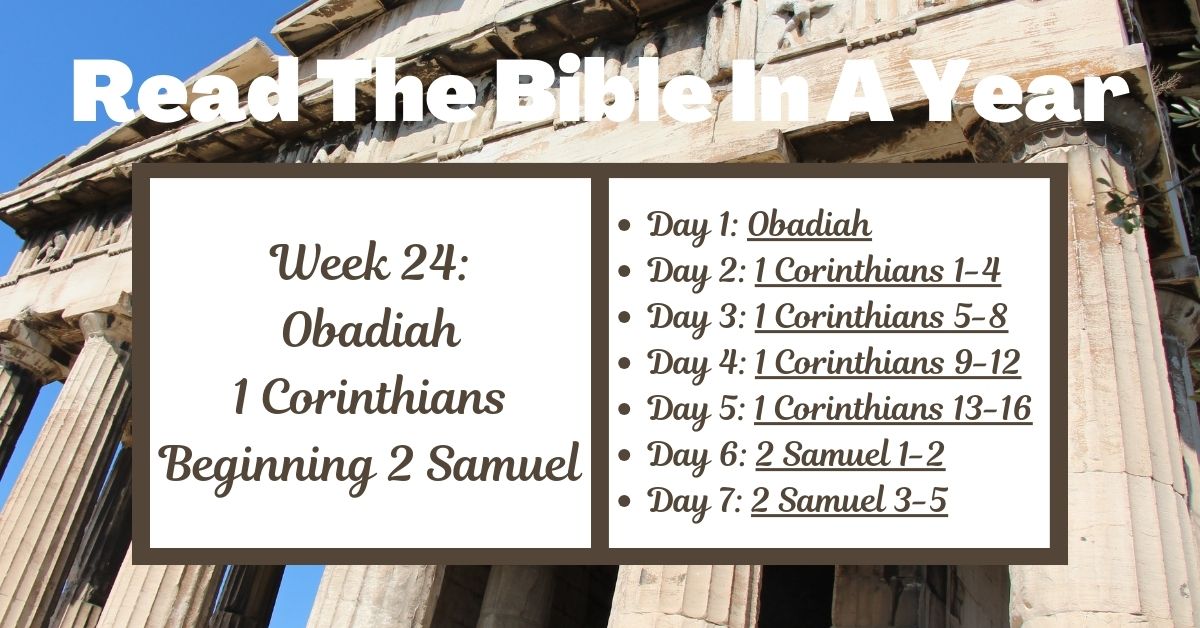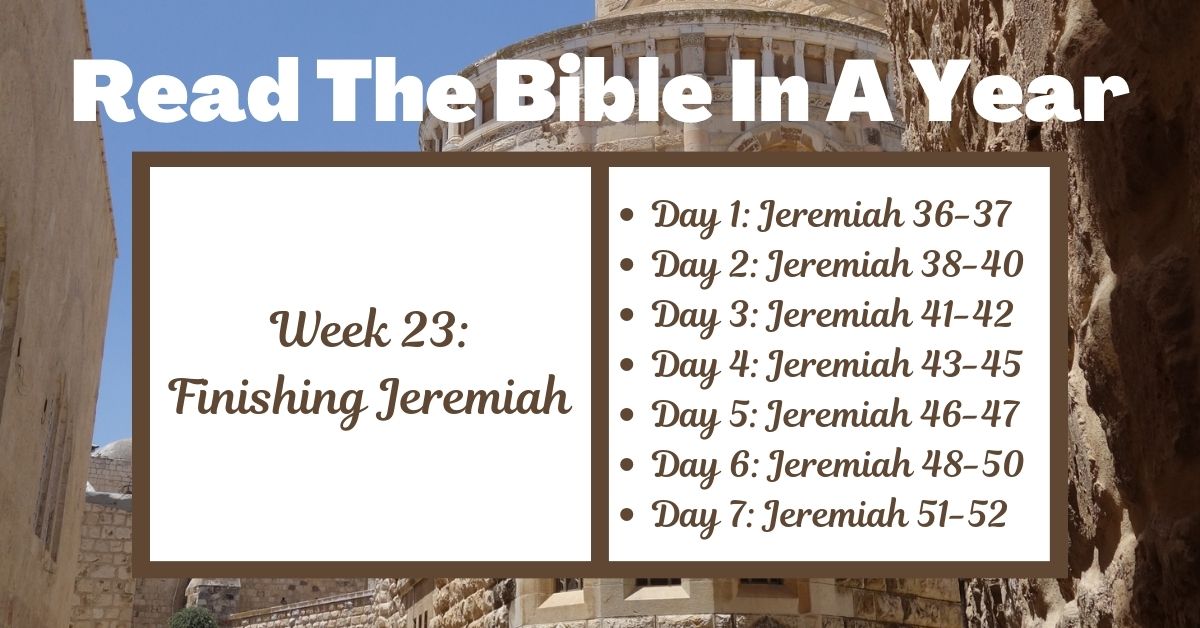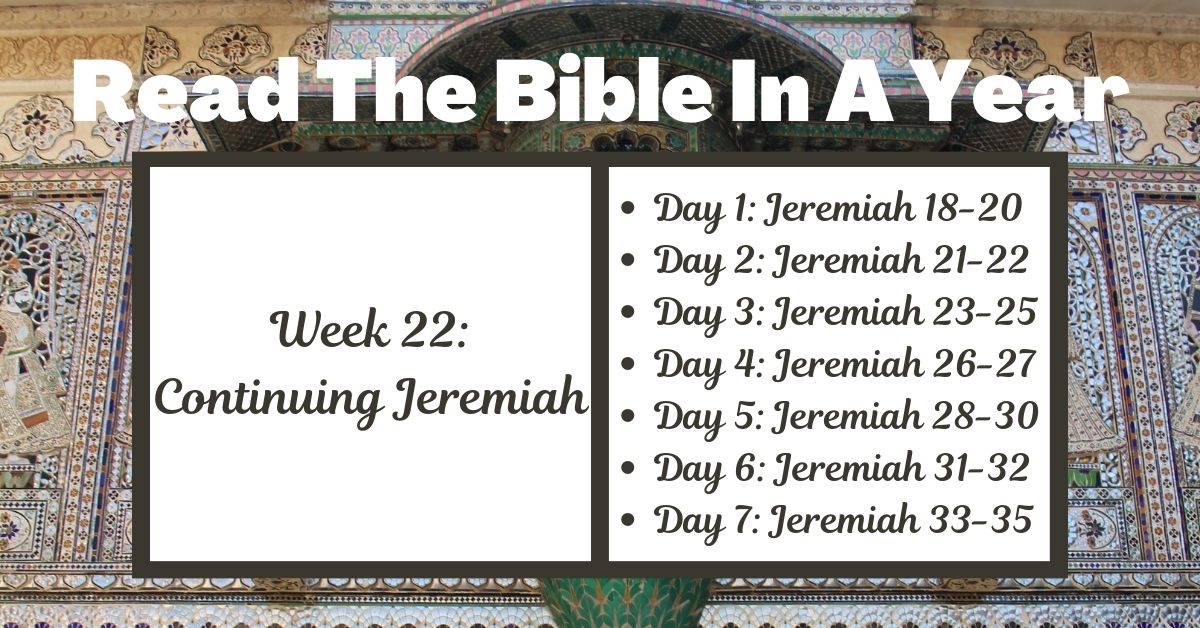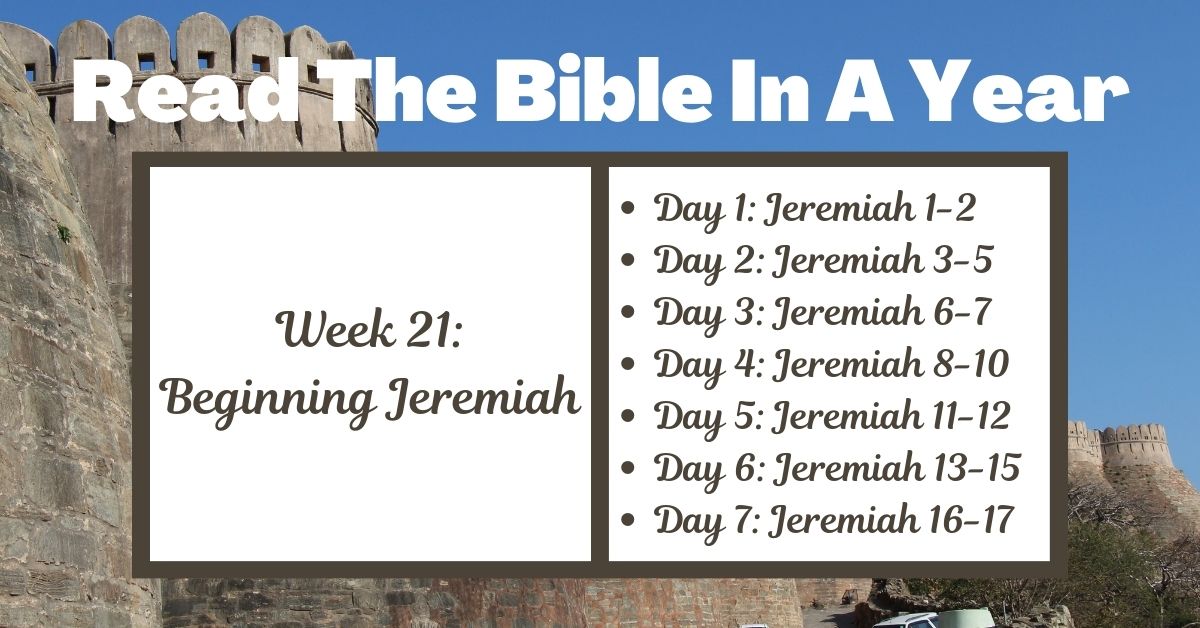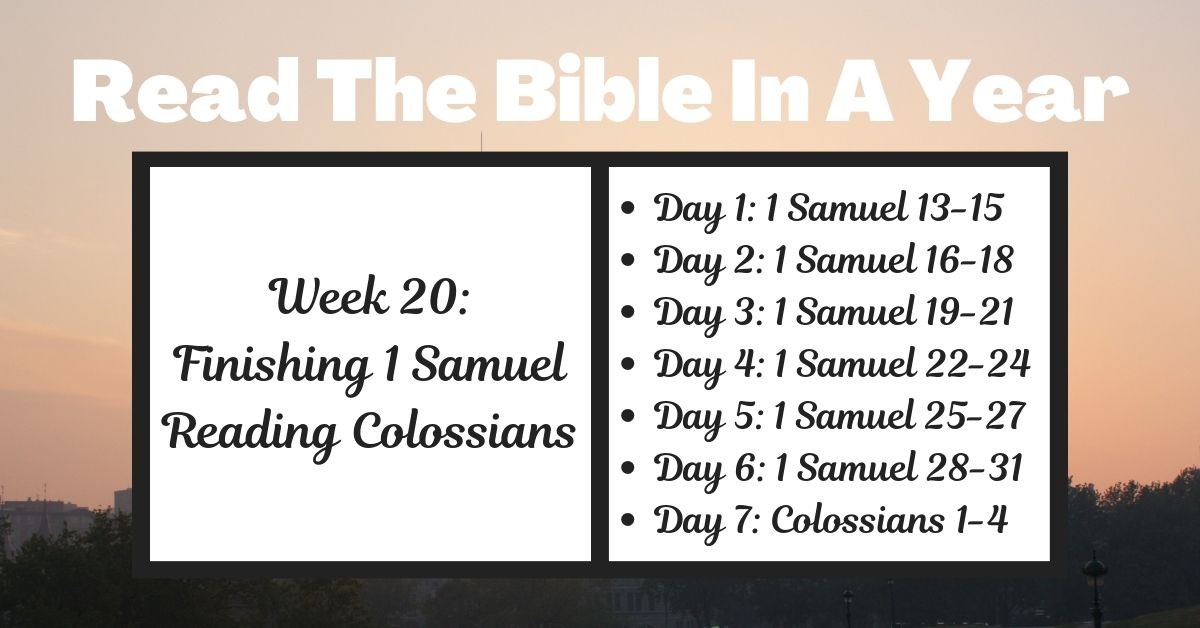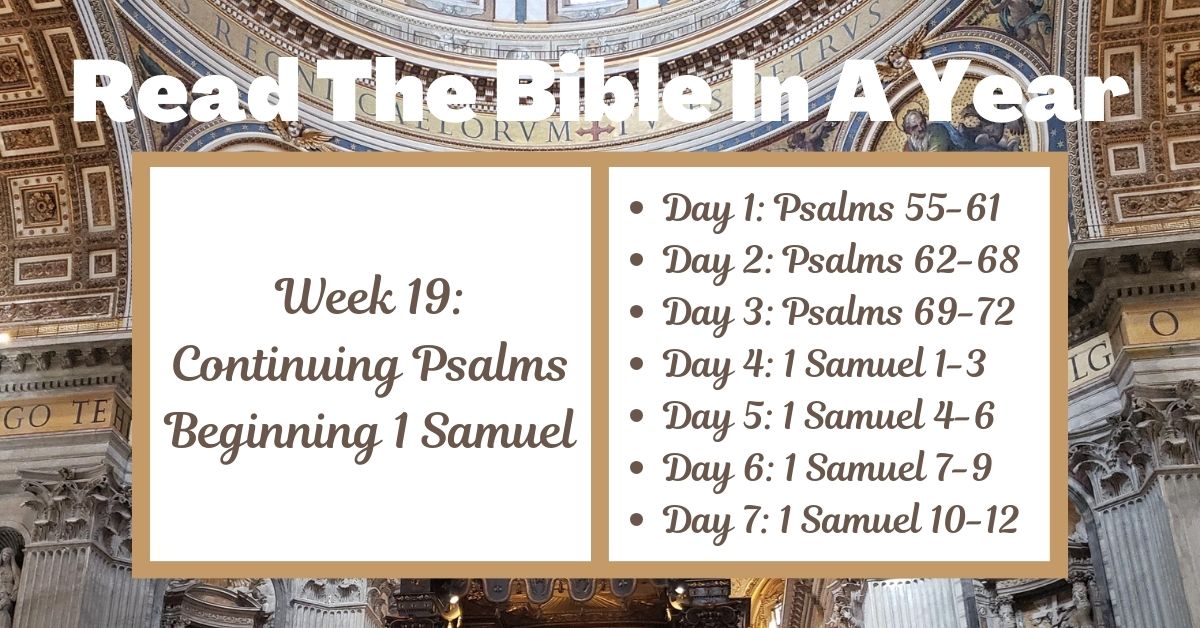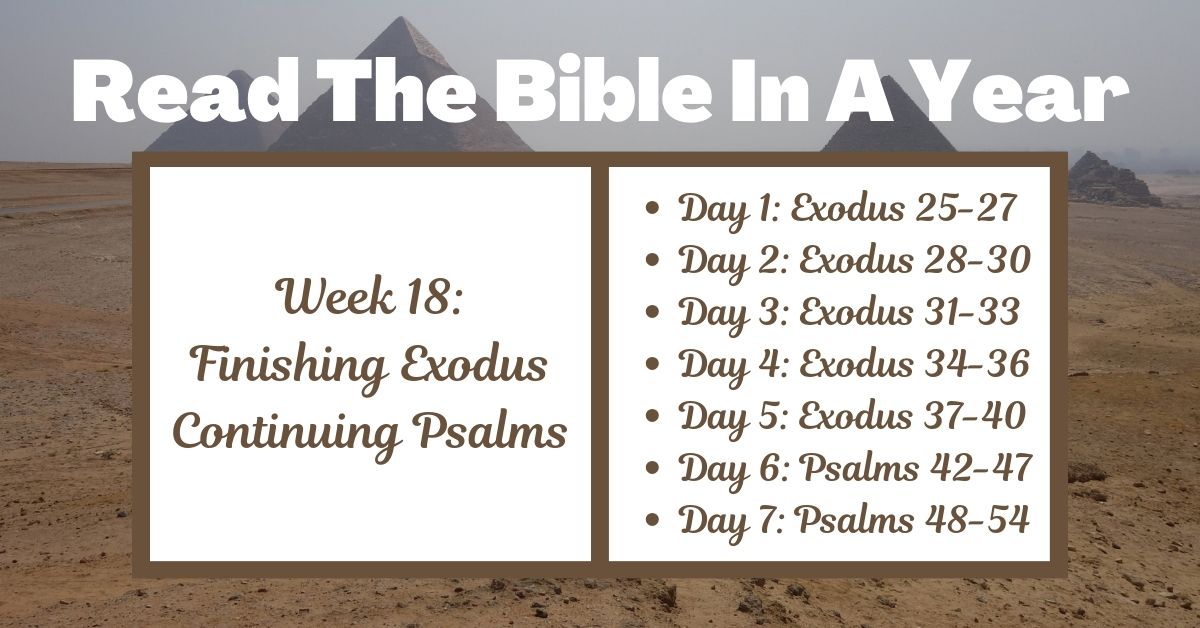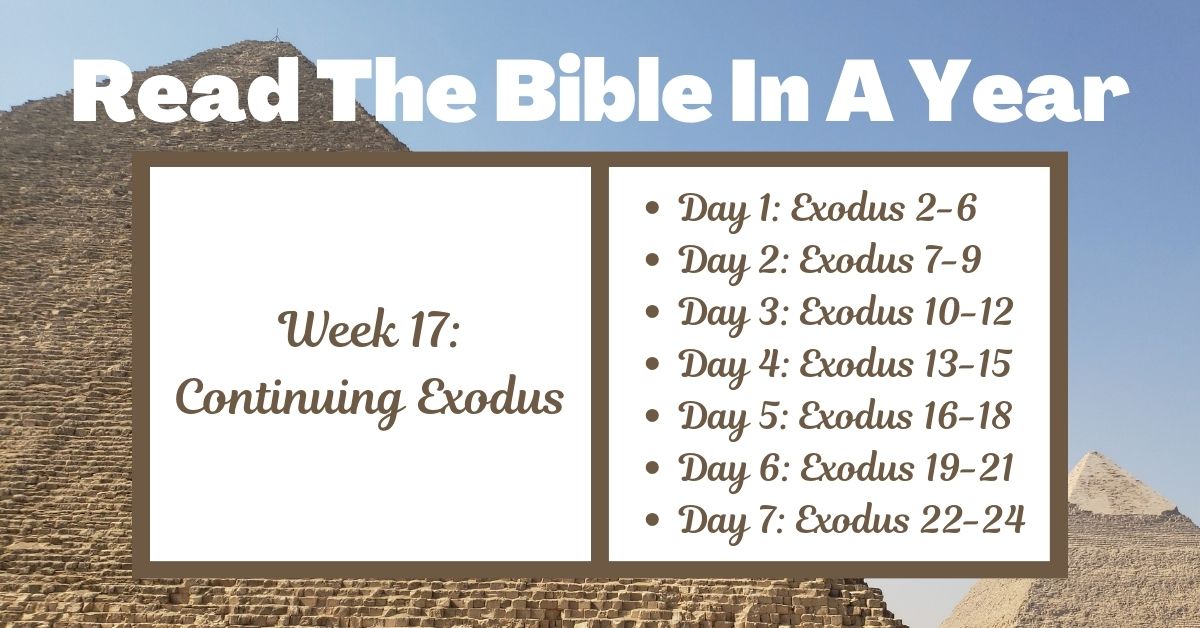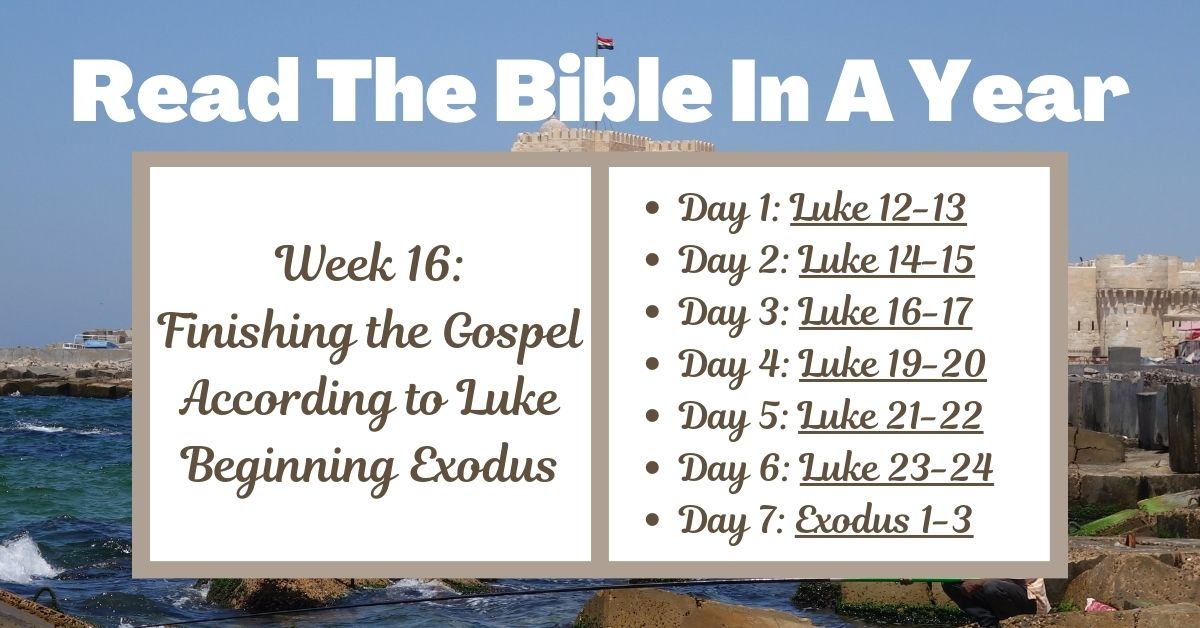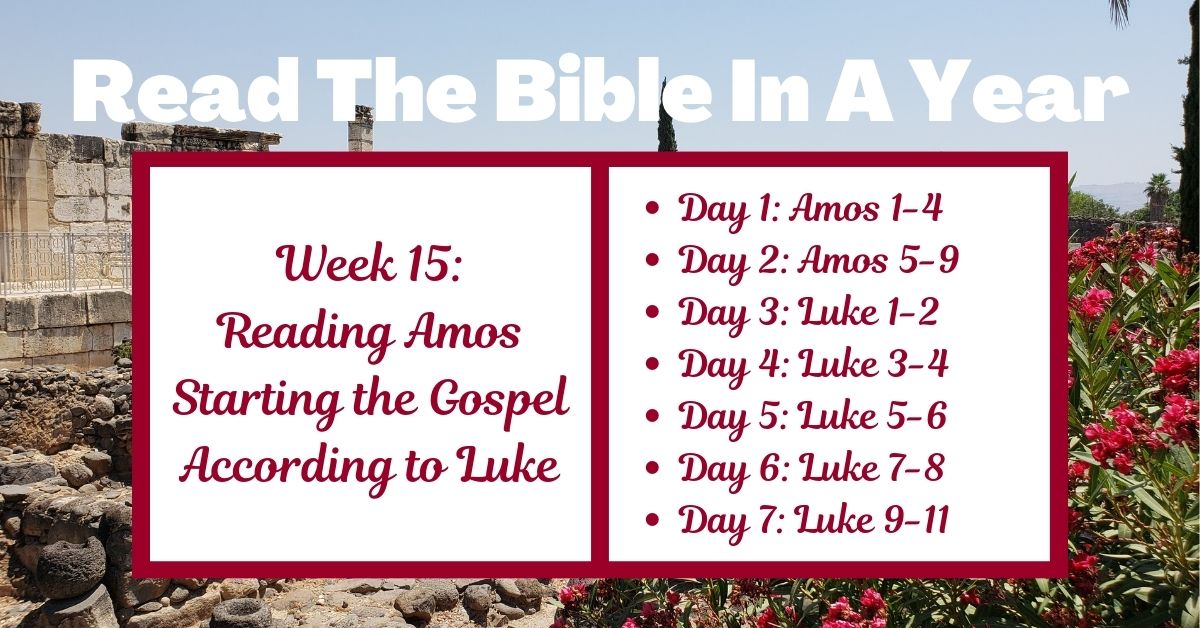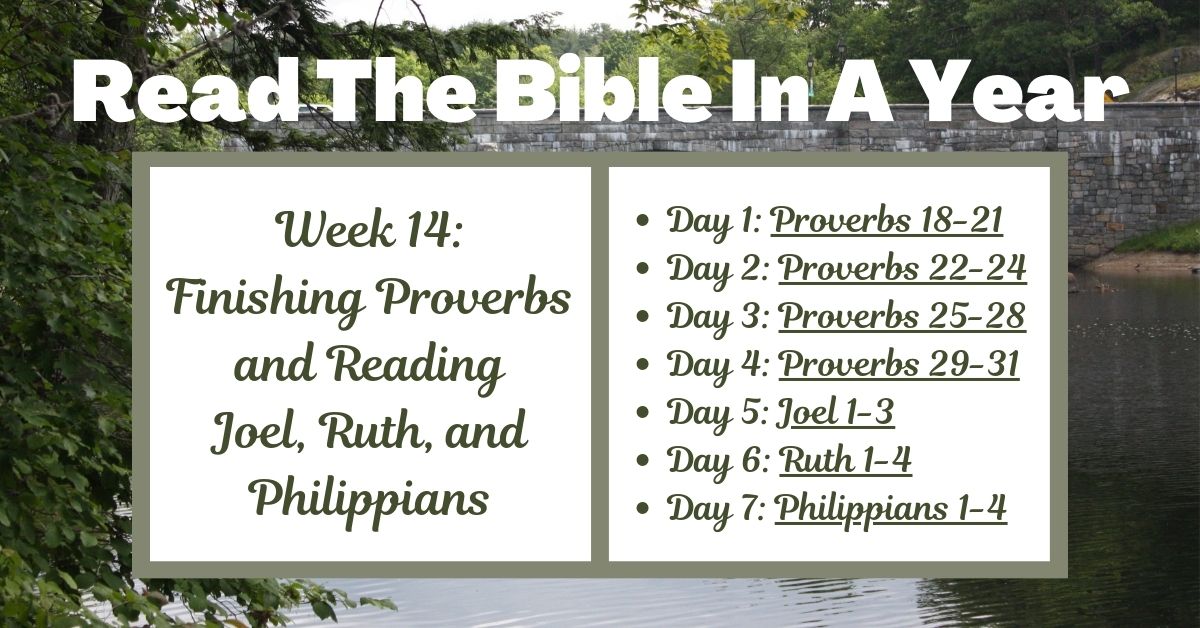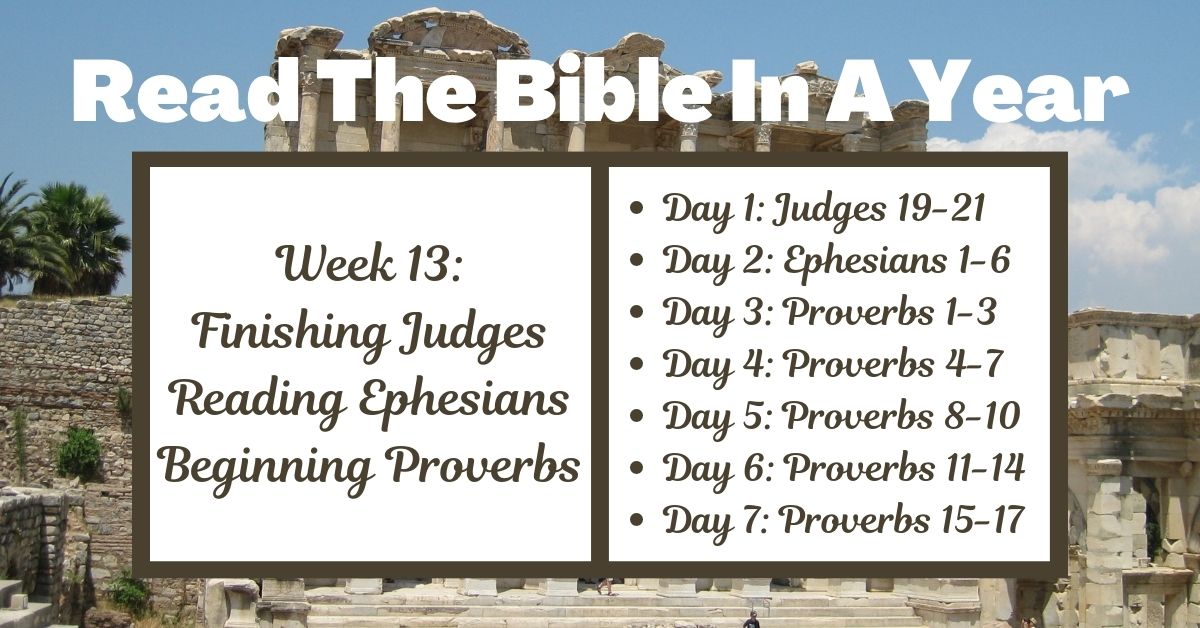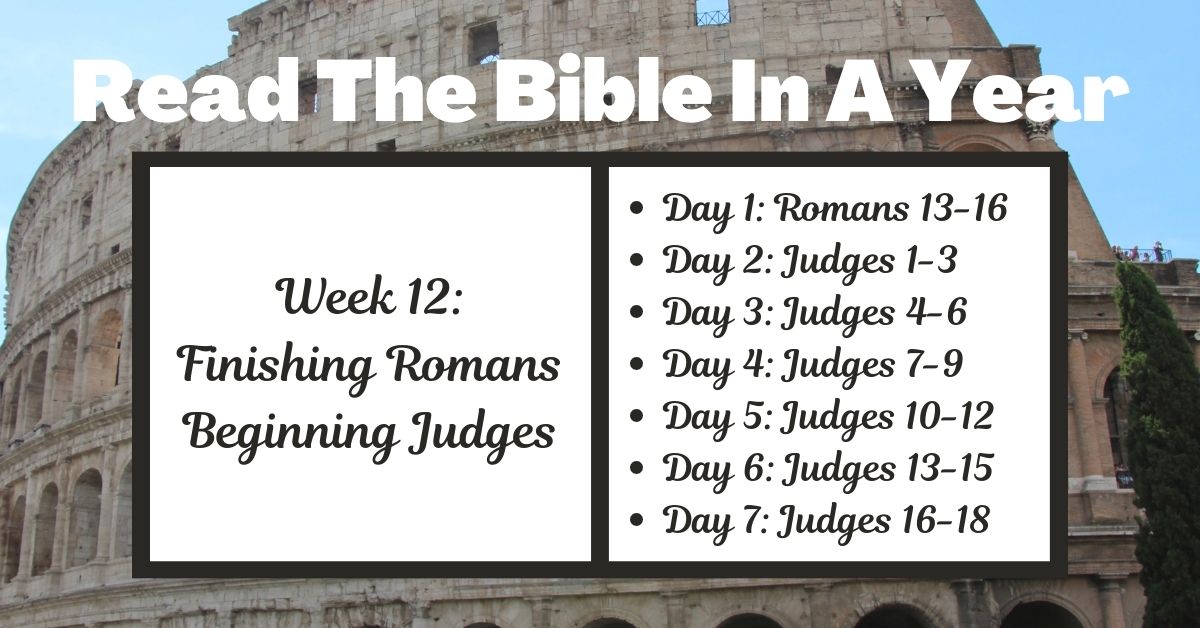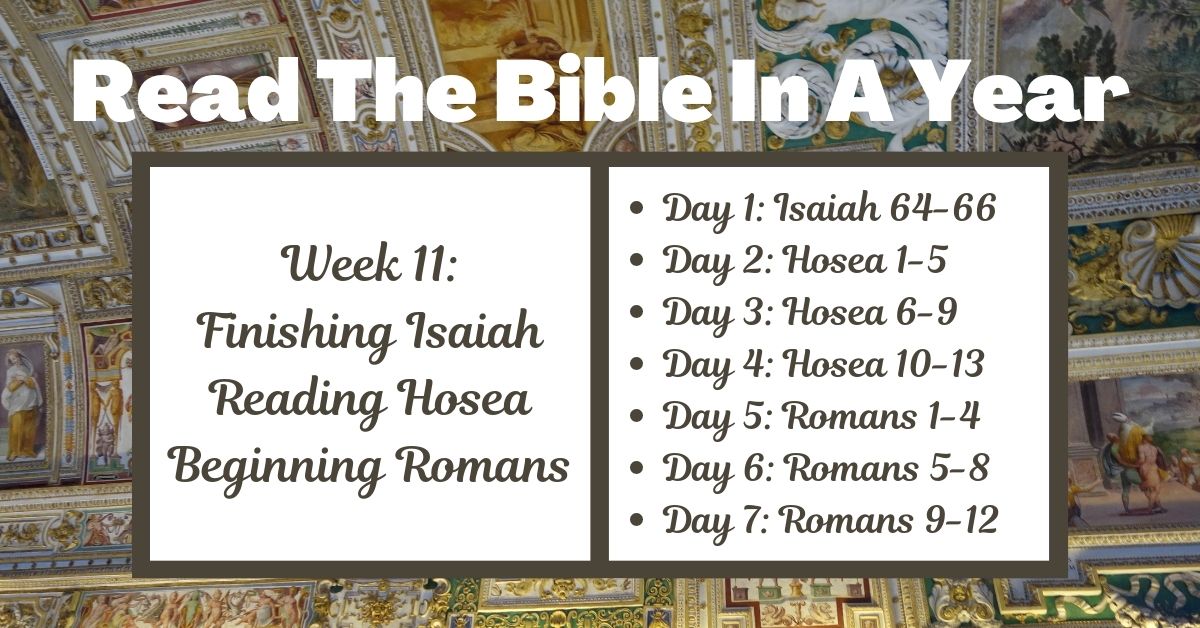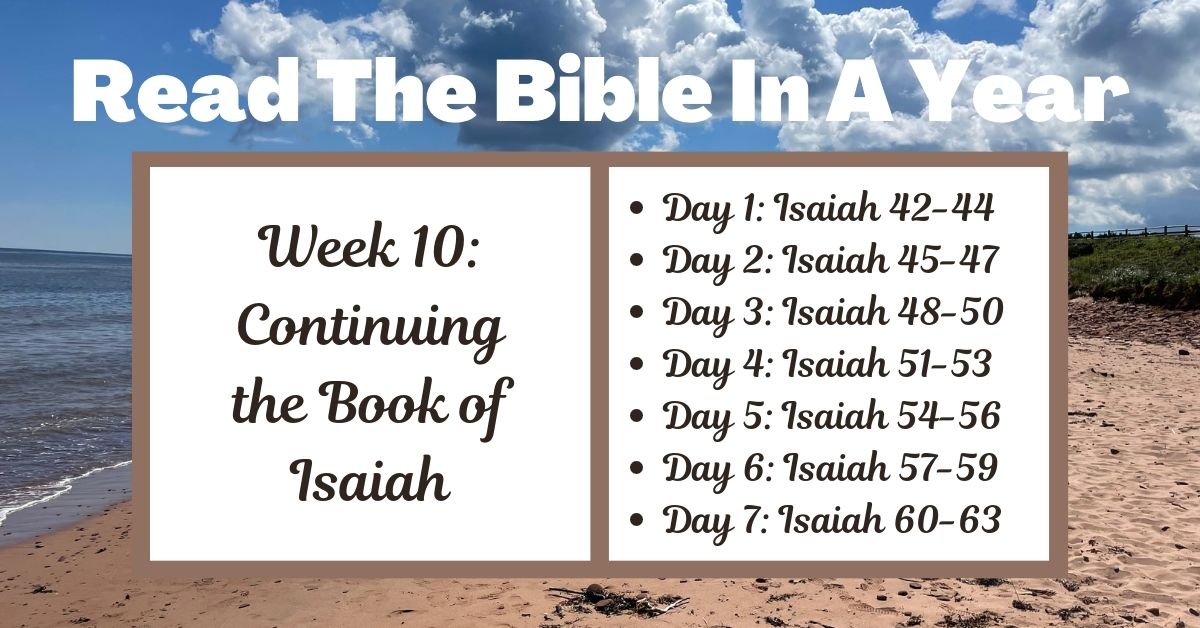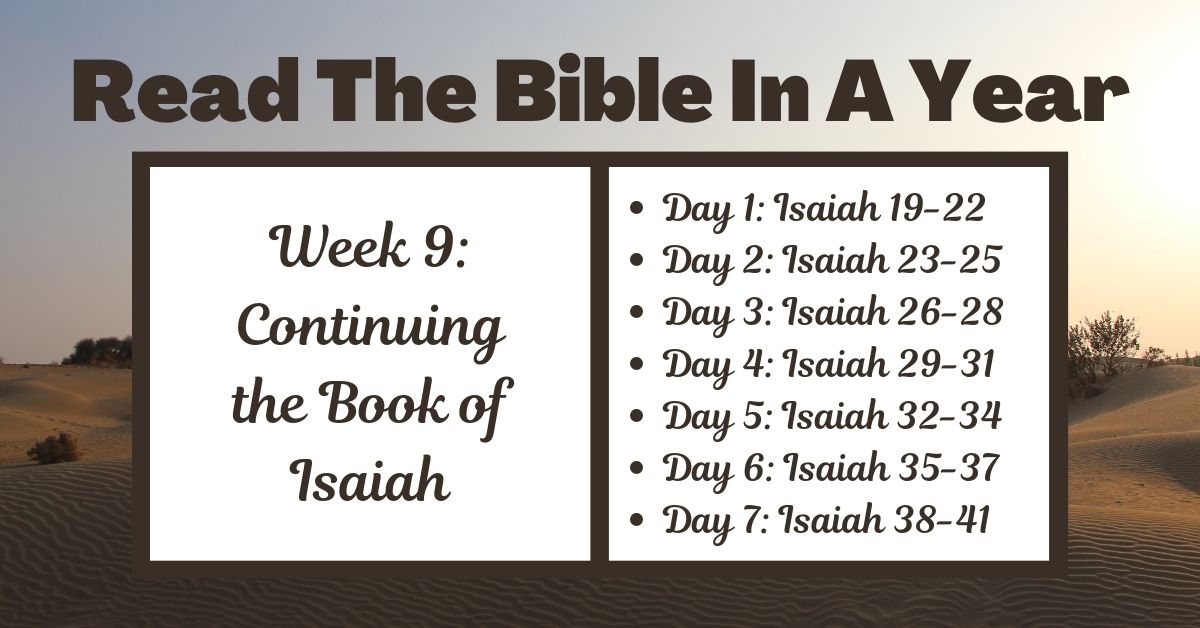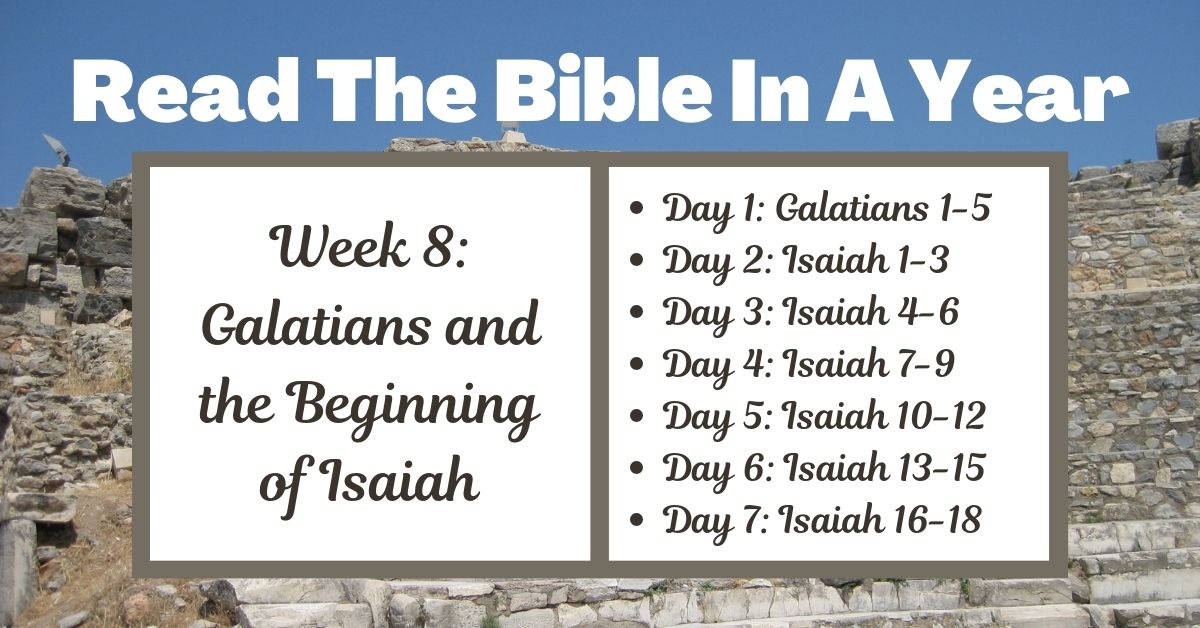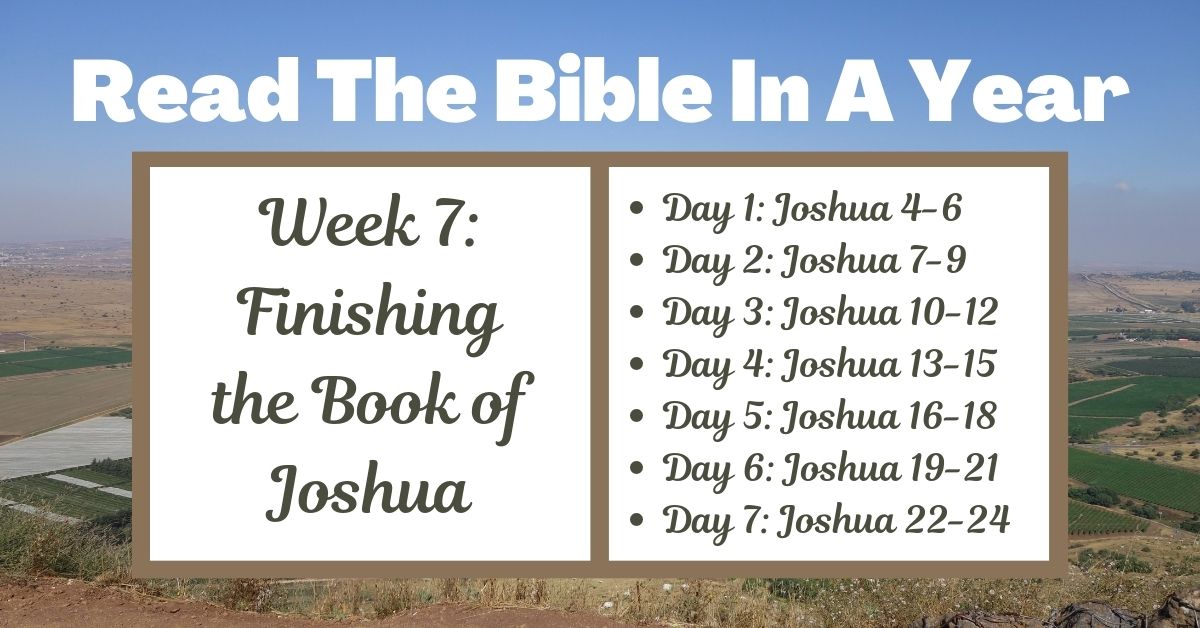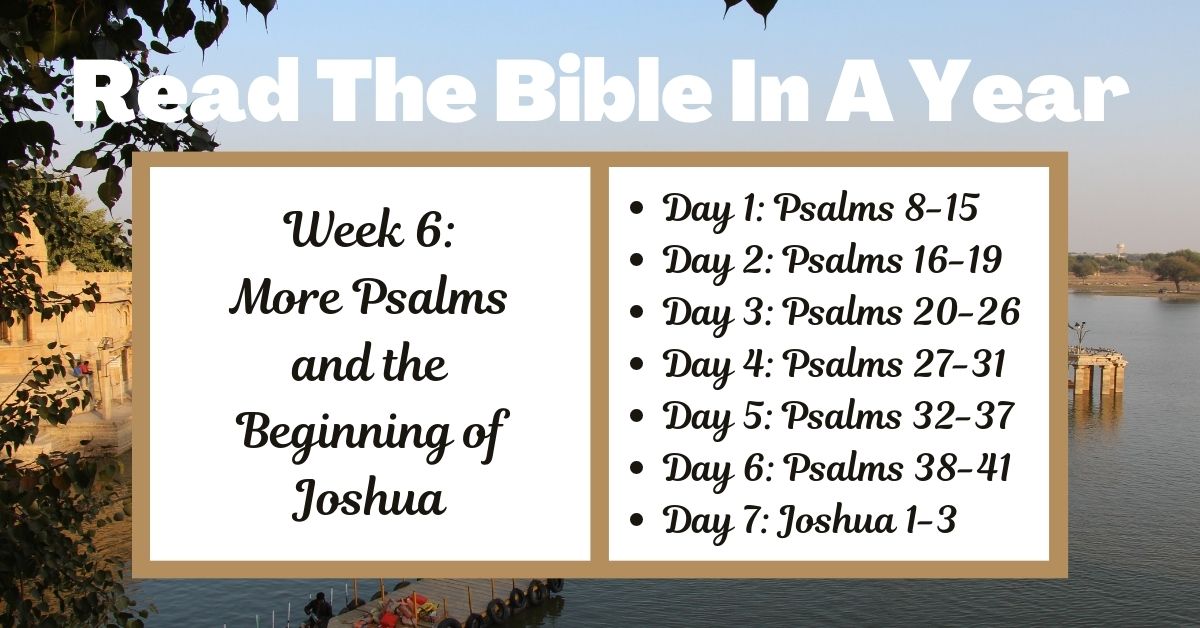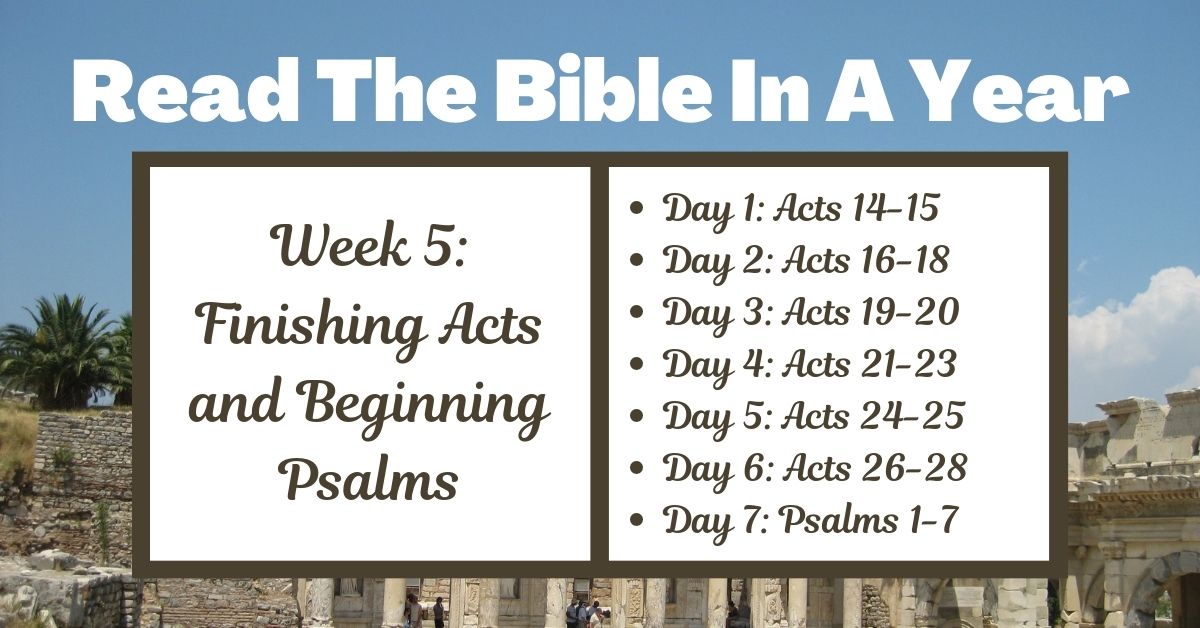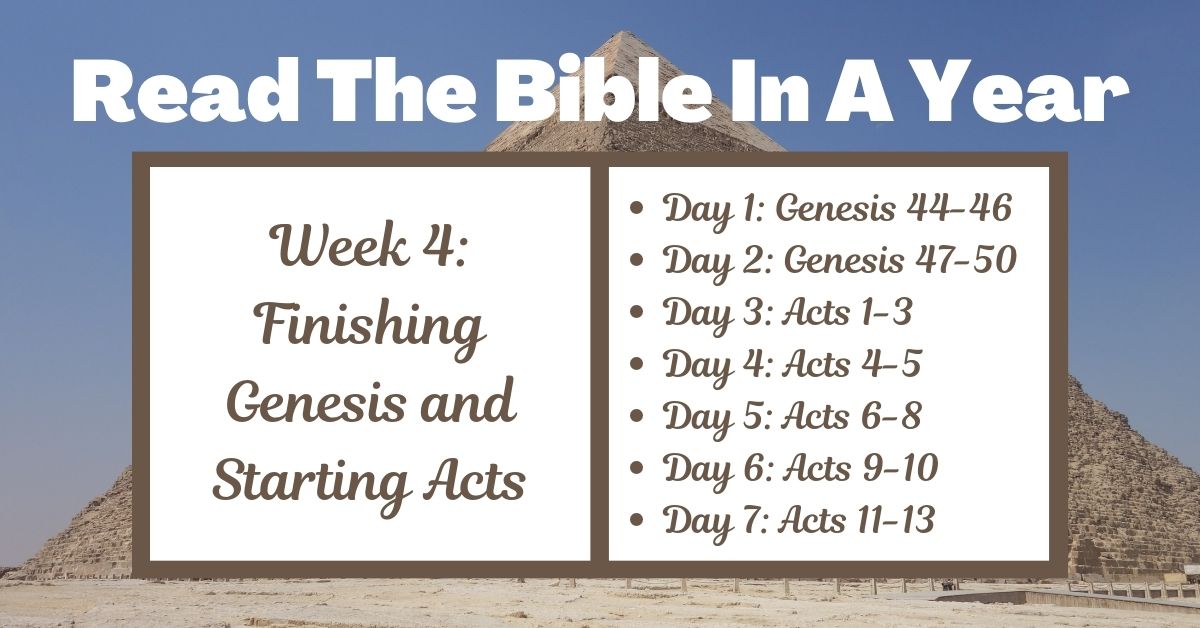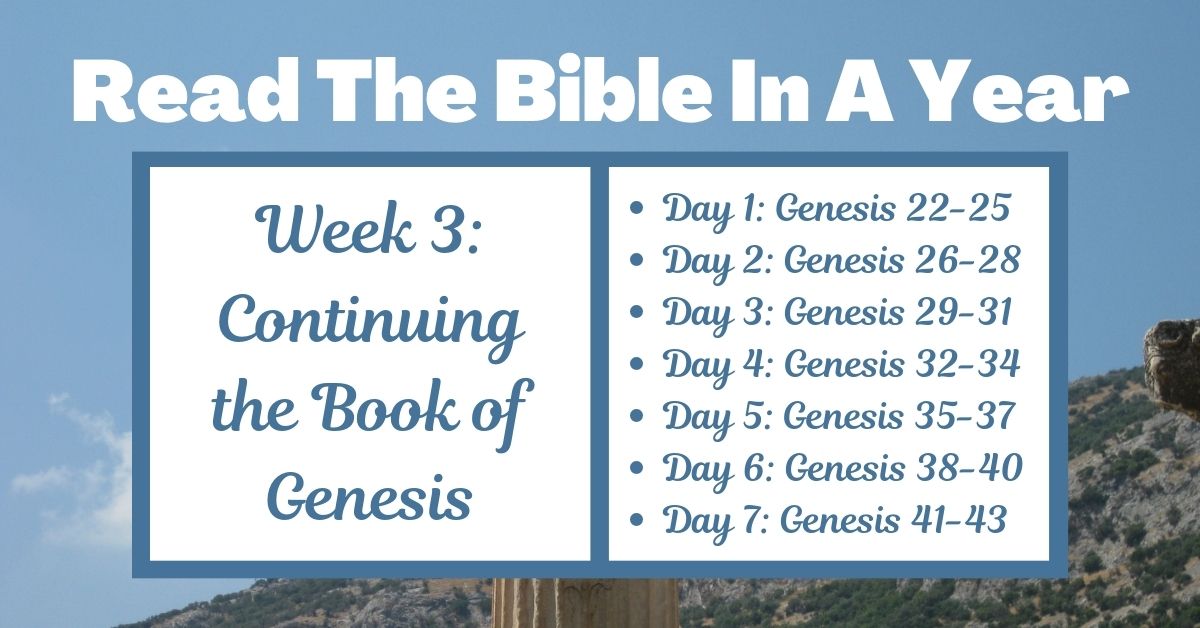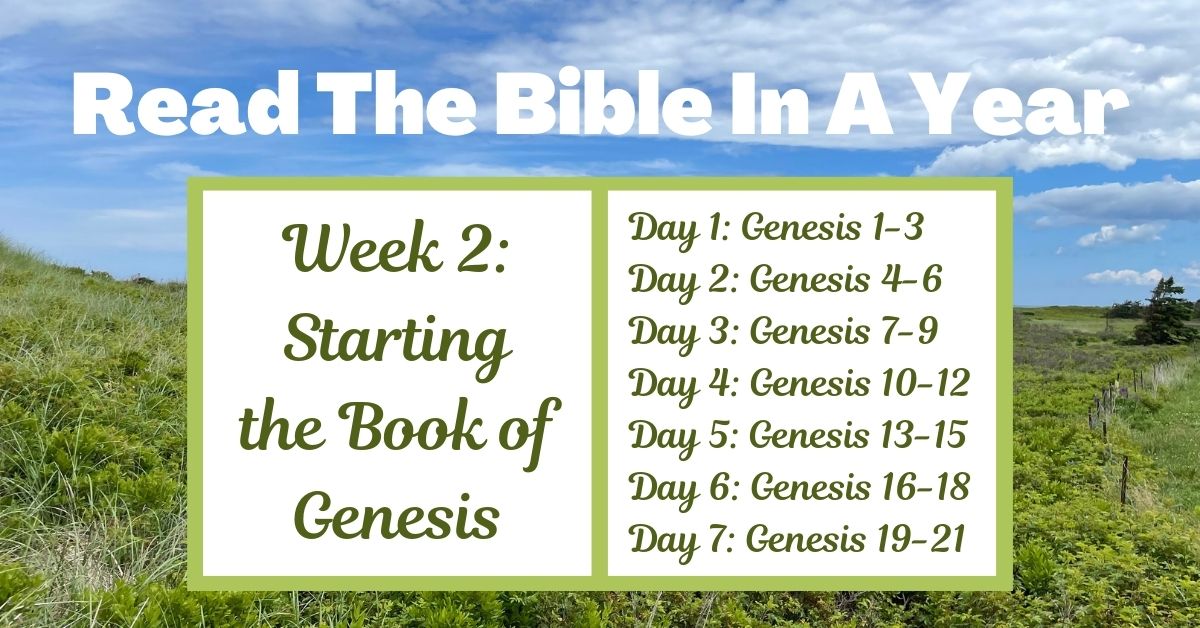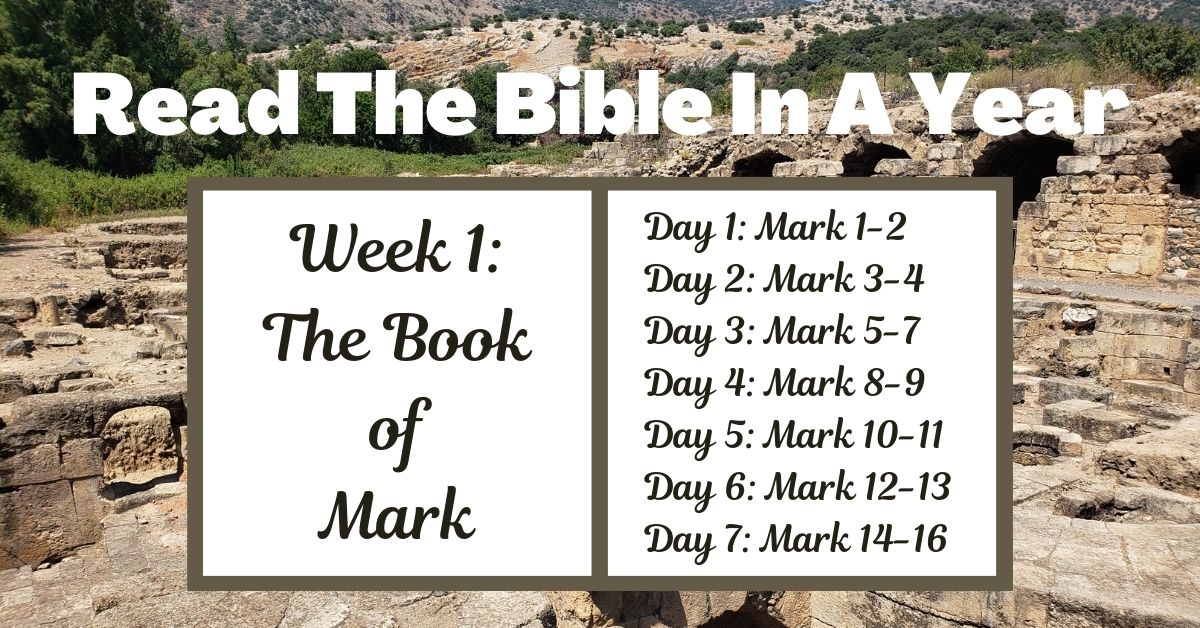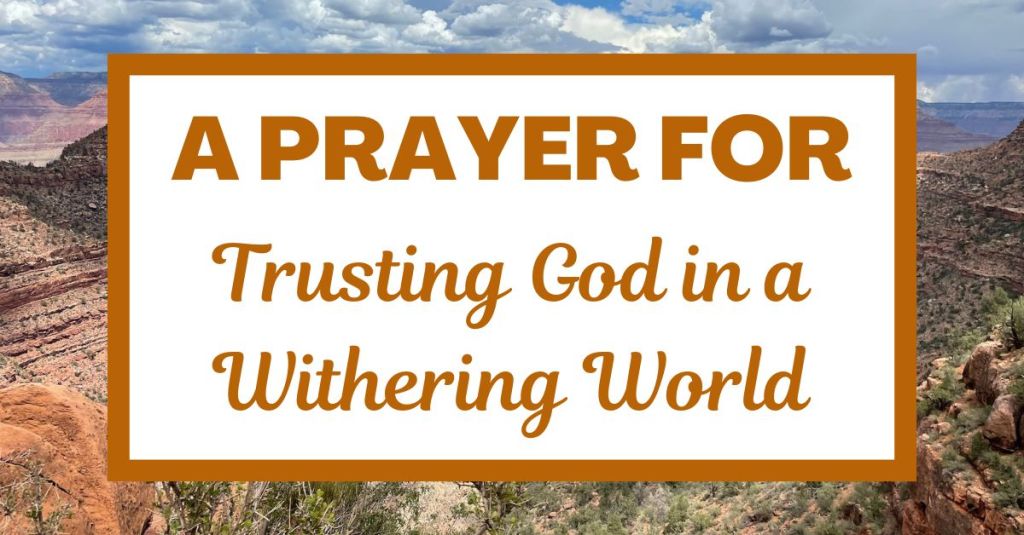As we enter week 35 of our plan to read the Bible in a year, we will embark on a diverse exploration of sacred texts, encountering the Pentateuch’s rich narratives in Numbers, the profound philosophical musings on life’s meaning in Ecclesiastes, the vivid prophecies of Nahum, and the practical guidance for Christian living in the Epistles of Titus and Philemon. Amidst the variety, expect to delve into themes that illuminate God’s character, including divine justice, forgiveness, and the transformative power of faith. Philemon, a concise gem, and Numbers, a detailed journey of the Israelites, offer unique insights into interpersonal relationships and the unwavering promises of God. Don’t be daunted; each chapter unfolds an opportunity for spiritual reflection and growth.
A Survey: Which Section of the Bible is Your Favorite?
Nahum
The Book of Nahum is nestled within the Minor Prophets of the Old Testament and provides vivid prophecy concerning the ancient city of Nineveh, the capital of the powerful Assyrian empire. At its core, Nahum’s message revolves around the impending judgment and downfall of this city. The prophet skillfully employs poetic language and striking imagery to depict God’s righteous anger against the city’s cruelty, violence, and idolatry. Through three succinct chapters, Nahum unveils a narrative of divine justice, emphasizing the inevitability of Nineveh’s destruction as a consequence of its sinful ways. The book serves not only as a powerful proclamation of God’s character but also as a poignant reminder of the need to heed God’s warnings and change our sinful ways!
Titus
The Book of Titus is nestled within the New Testament and is a pastoral letter from the Apostle Paul to Titus, a trusted companion and co-worker. In this concise yet impactful epistle, Paul provides practical guidance for the organization and conduct of the Christian community. Emphasizing the appointment of qualified leaders, adherence to sound doctrine, and the significance of living out one’s faith through good works, Titus addresses both the spiritual and practical dimensions of Christian living. Paul’s concern for the unity and well-being of the church shines through, making Titus a valuable resource for those seeking timeless principles for Christian community and conduct.
Ecclesiastes
Ecclesiastes is a profound and reflective book within the Old Testament and explores the philosophical musings of a wise and experienced Preacher, traditionally believed to be King Solomon. Comprising twelve chapters, the text delves into the overarching theme of the “vanity of vanities” or the perceived futility of many human endeavors. Throughout its verses, the Preacher contemplates the transient nature of life, the pursuit of wisdom, and the complexities of existence. Ecclesiastes is renowned for its contemplative tone, addressing fundamental questions about the meaning of life, the inevitability of death, and the role of God in human affairs. It weaves together reflections on pleasure, wealth, justice, and the passage of time, ultimately encouraging readers to find purpose and contentment in a faithful relationship with God despite the apparent uncertainties of the world.
Read: Musings about Finding Purpose, Meaning, and Joy in Life
Philemon
The Book of Philemon is found within the New Testament and is a brief yet impactful letter written by the Apostle Paul to a wealthy Christian named Philemon in Colossae. The letter centers around the personal story of a runaway slave named Onesimus, who, through his encounter with Paul, becomes a Christian. Paul writes to Philemon, urging him to receive Onesimus back not as a mere slave but as a brother in Christ. The letter beautifully explores themes of forgiveness, reconciliation, and the transformative power of faith. Despite its concise length, the Book of Philemon imparts valuable lessons on interpersonal relationships and Christian ethics, making it a profound and meaningful part of the biblical canon.
Numbers
The Book of Numbers is found in the Old Testament and recounts the journey of the Israelites from Mount Sinai to the plains of Moab. At its core, the book takes its name from the initial census of the Israelite community, providing a detailed account of each tribe’s military strength. Amidst the organizational details of the camp, laws, and regulations, the narrative unfolds with the Israelites facing numerous challenges—complaints, rebellion, and a reluctance to enter the Promised Land. The episode of the twelve spies exploring Canaan, Balaam’s unexpected blessings, and the divine consequences for disobedience are among the pivotal moments in this journey. Through the lens of Moses’ leadership, the Book of Numbers offers a rich tapestry of events, laws, and divine interventions, providing profound insights into the trials and tribulations of the Israelites as they navigate the wilderness towards the fulfillment of God’s promises. While we will only delve into the first two chapters this week, our exploration will intensify over the next two weeks as we conclude our journey through this biblical text.
Flexible Plan: Reading for Week 35
If you are following the flexible plan for reading the Bible in a year, here is your reading assignment. You can break up the reading however you like throughout the week!
- Passage 1: Nahum 1-3
- Passage 2: Titus 1-3
- Passage 3: Ecclesiastes 1-12
- Passage 4: Philemon 1
- Passage 5: Numbers 1-2
Printable Resource: Bible in a Year Reading Plan: Weekly Assignments
7-Day Reading Assignment: Week 35
For those who prefer a more organized approach, the weekly assignment can be broken into seven sections:
- Day 1: Nahum 1-3
- Day 2: Titus 1-3
- Day 3: Ecclesiastes 1-4
- Day 4: Ecclesiastes 5-8
- Day 5: Ecclesiastes 9-12
- Day 6: Philemon 1
- Day 7: Numbers 1-2
Printable Resource: Bible in a Year Reading Plan: Daily Assignments
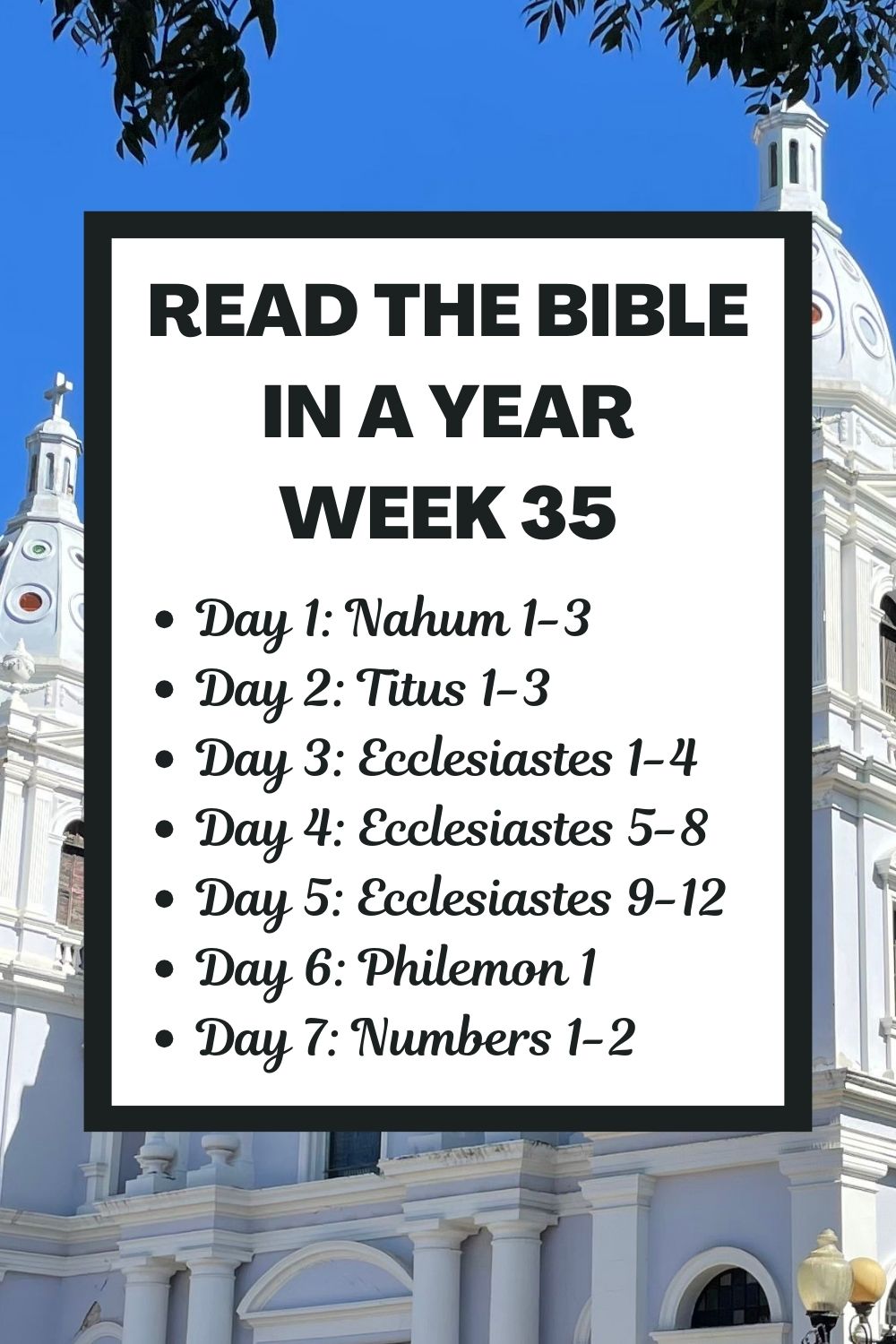
5-Day Reading Assignment: Week 35
Or if you know that you are likely to miss a day or two of reading, the weekly assignment can be broken into five sections:
- Day 1: Nahum 1-3
- Day 2: Titus 1-3 & Philemon 1
- Day 3: Ecclesiastes 1-6
- Day 4: Ecclesiastes 7-12
- Day 5: Numbers 1-2
Printable Resource: Bible in a Year Reading Plan: 5 Days/Week Assignments
Reflection Questions
After you finish your reading, consider the following questions:
- How did the themes discussed in Nahum resonate with your own understanding of divine justice and the consequences of sinful behavior?
- In Titus, Paul provides guidance on leadership, sound doctrine, and living out one’s faith. How can you apply these principles to your own life and contribute to the well-being of your Christian community?
- After reading Ecclesiastes, take time to reflect on the Preacher’s contemplations about the meaning of life, the pursuit of wisdom, and the transient nature of human endeavors. How do these reflections impact your perspective on life?
- The Book of Philemon explores themes of forgiveness, reconciliation, and the transformative power of faith. How can you apply these lessons to your relationships, particularly in situations where forgiveness and reconciliation are needed?
- As you reflect on Numbers 1-2, consider the significance of the tribe of Levi being set apart for the service of the tabernacle and the position of the tabernacle within the camp. How does this unique role of the Levites, which exempts them from the military census, contribute to the overall structure and purpose of the community during their journey. What does the position of the tabernacle signify? How can you apply these lessons to your own life and understanding of community, service, and the centrality of God’s presence?
Subscribe
If you enjoyed this post and wish to receive more Christian content, feel free to subscribe to my newsletters!
Related Resources
Visit the Joyful Moments in Christ homepage for all posts, or scroll through other blog posts related to reading the Bible in a year:
